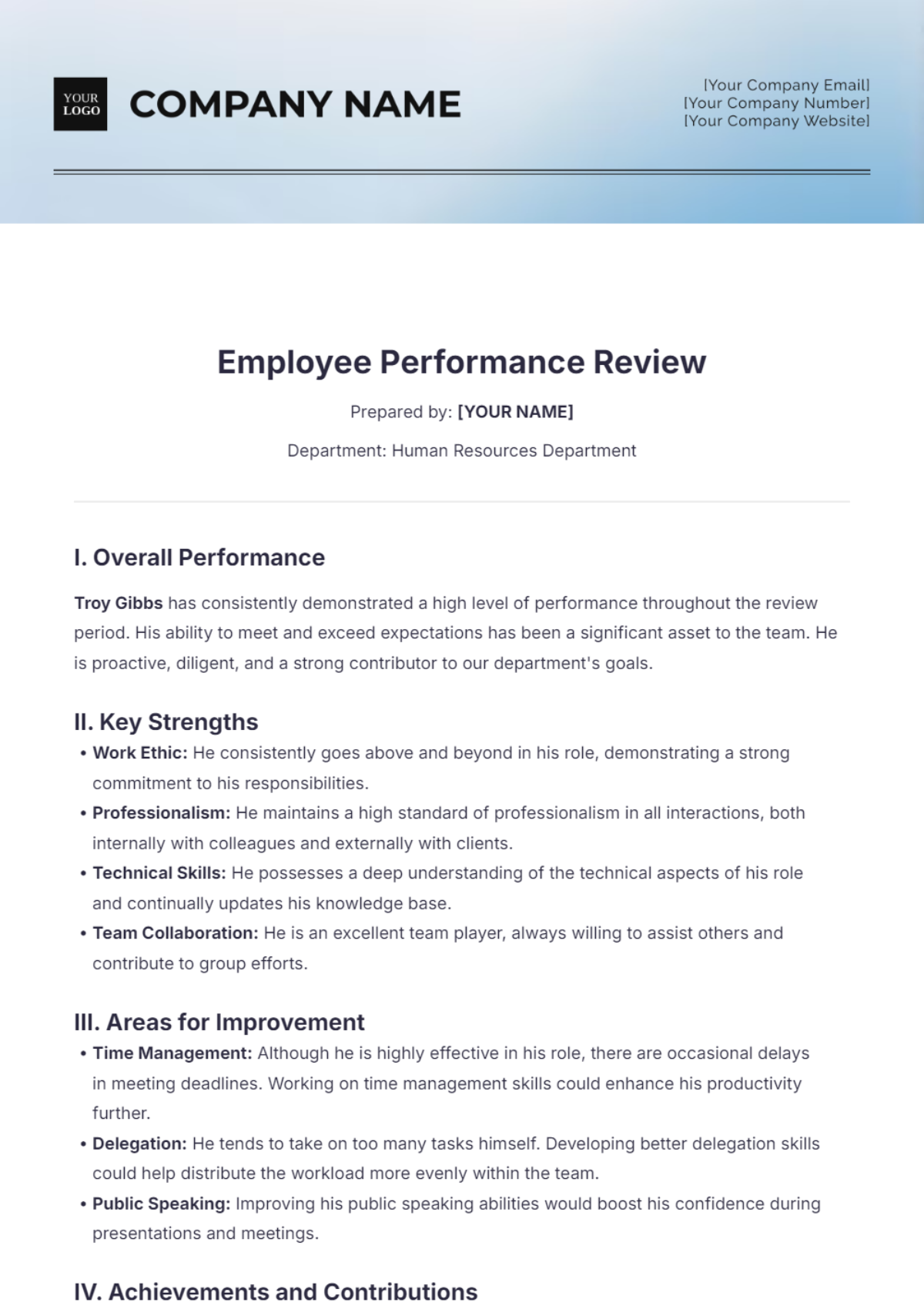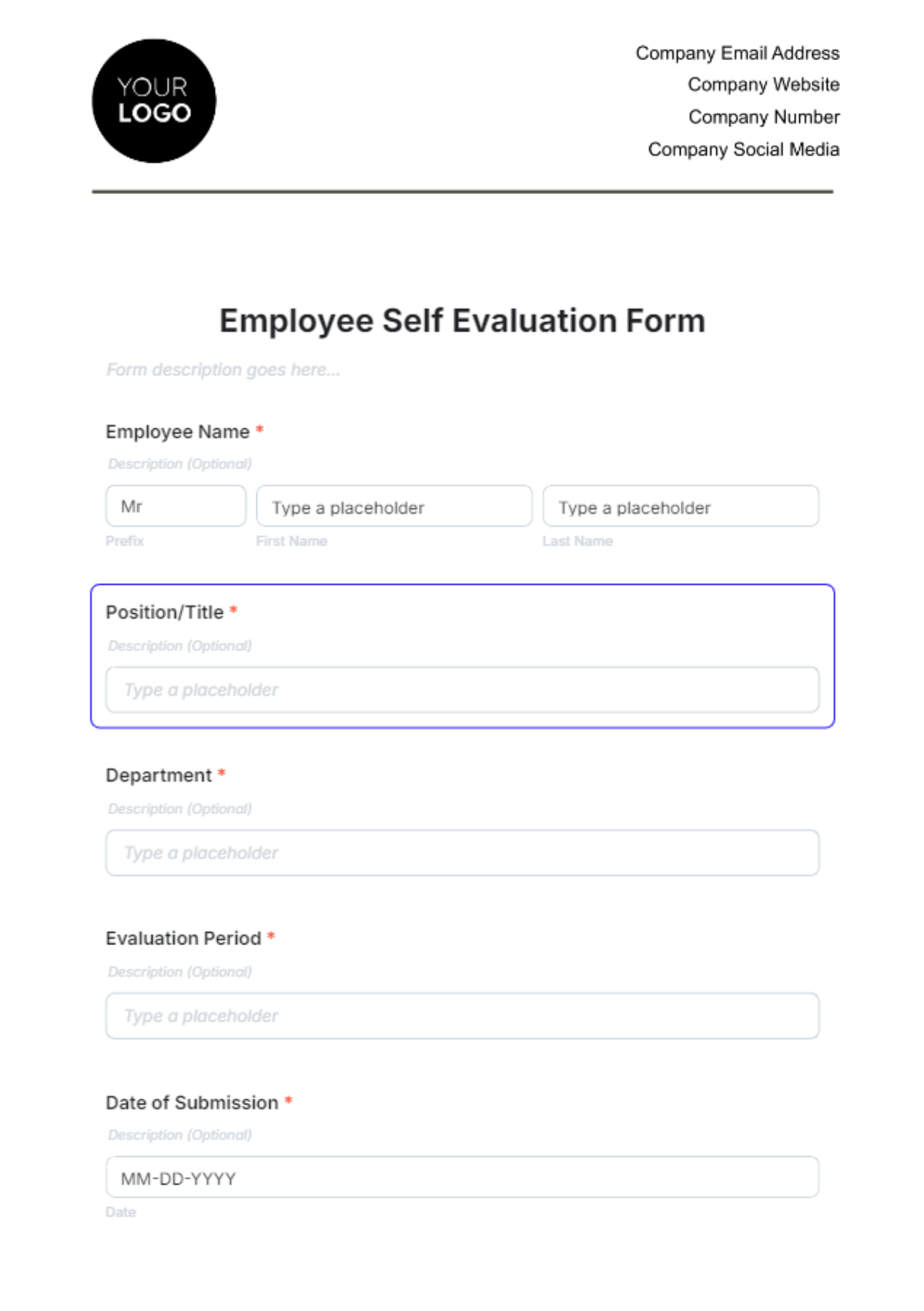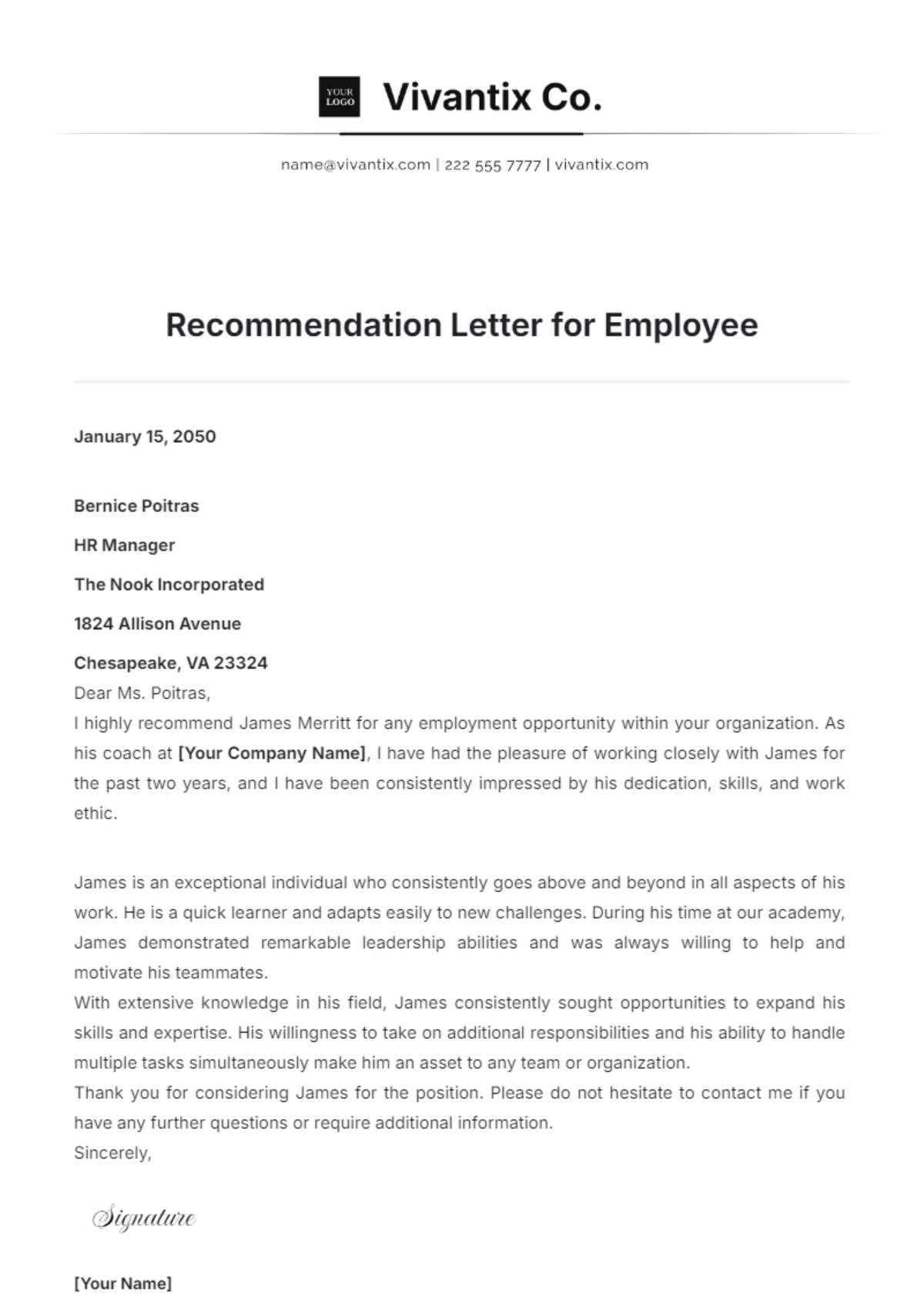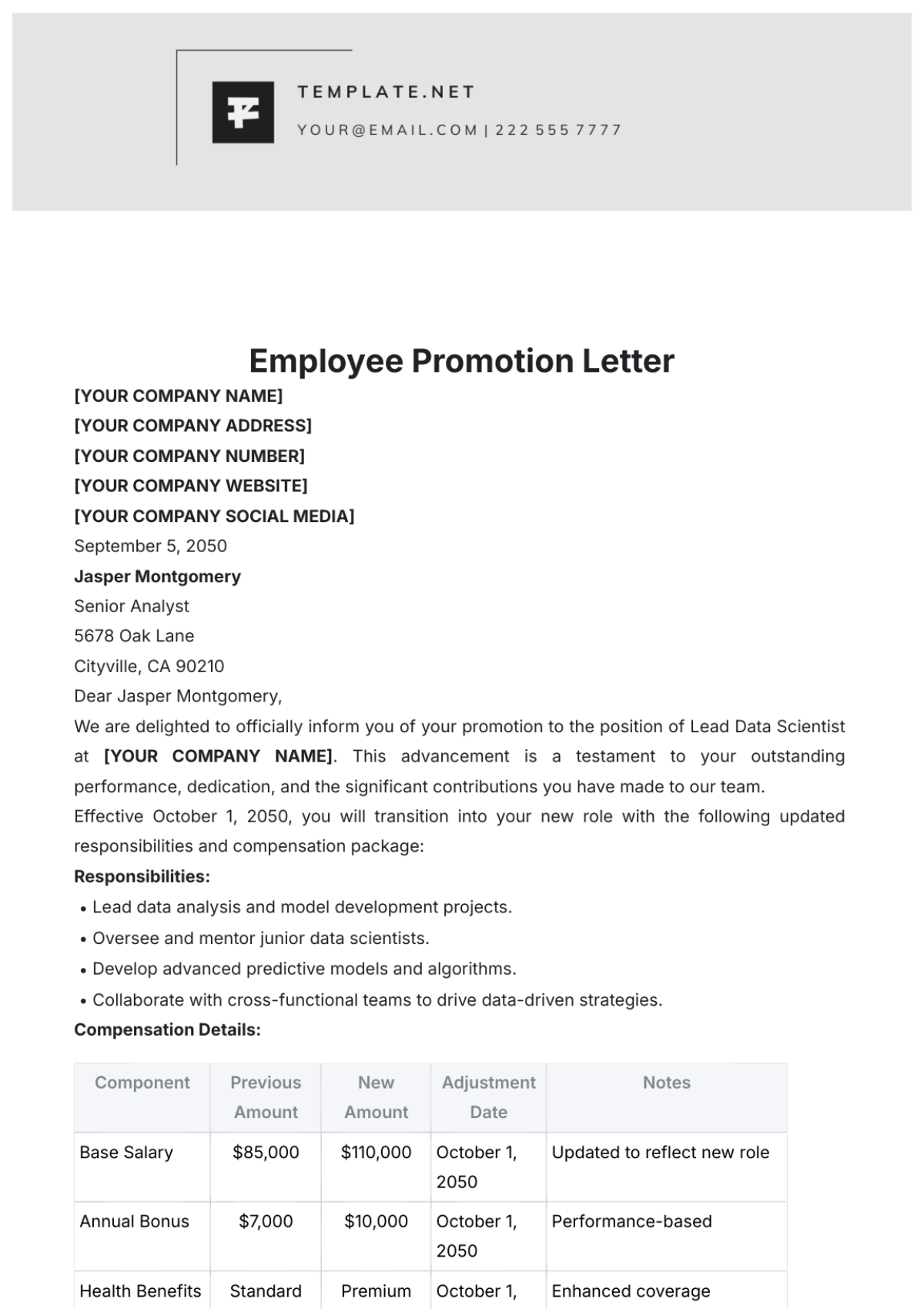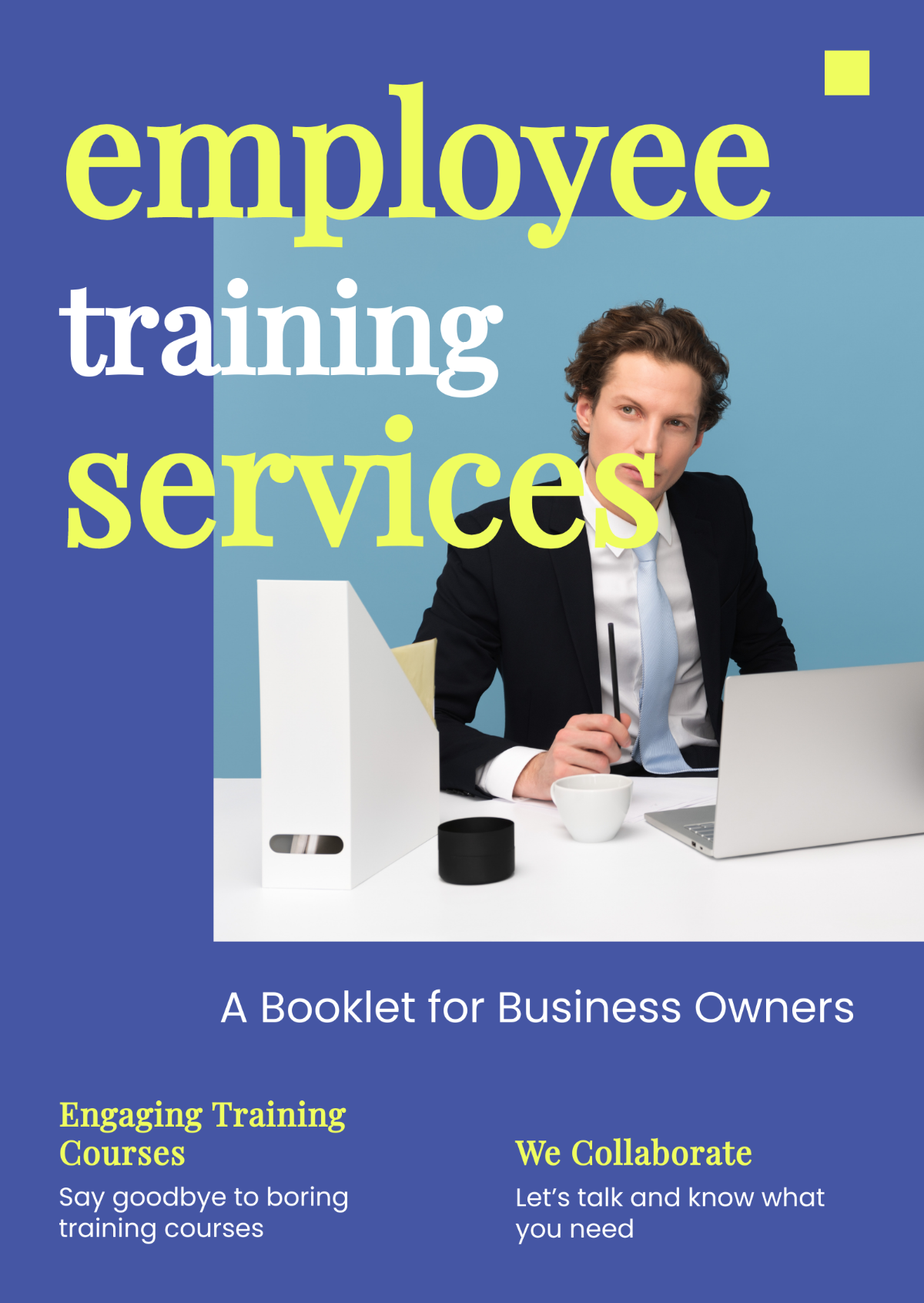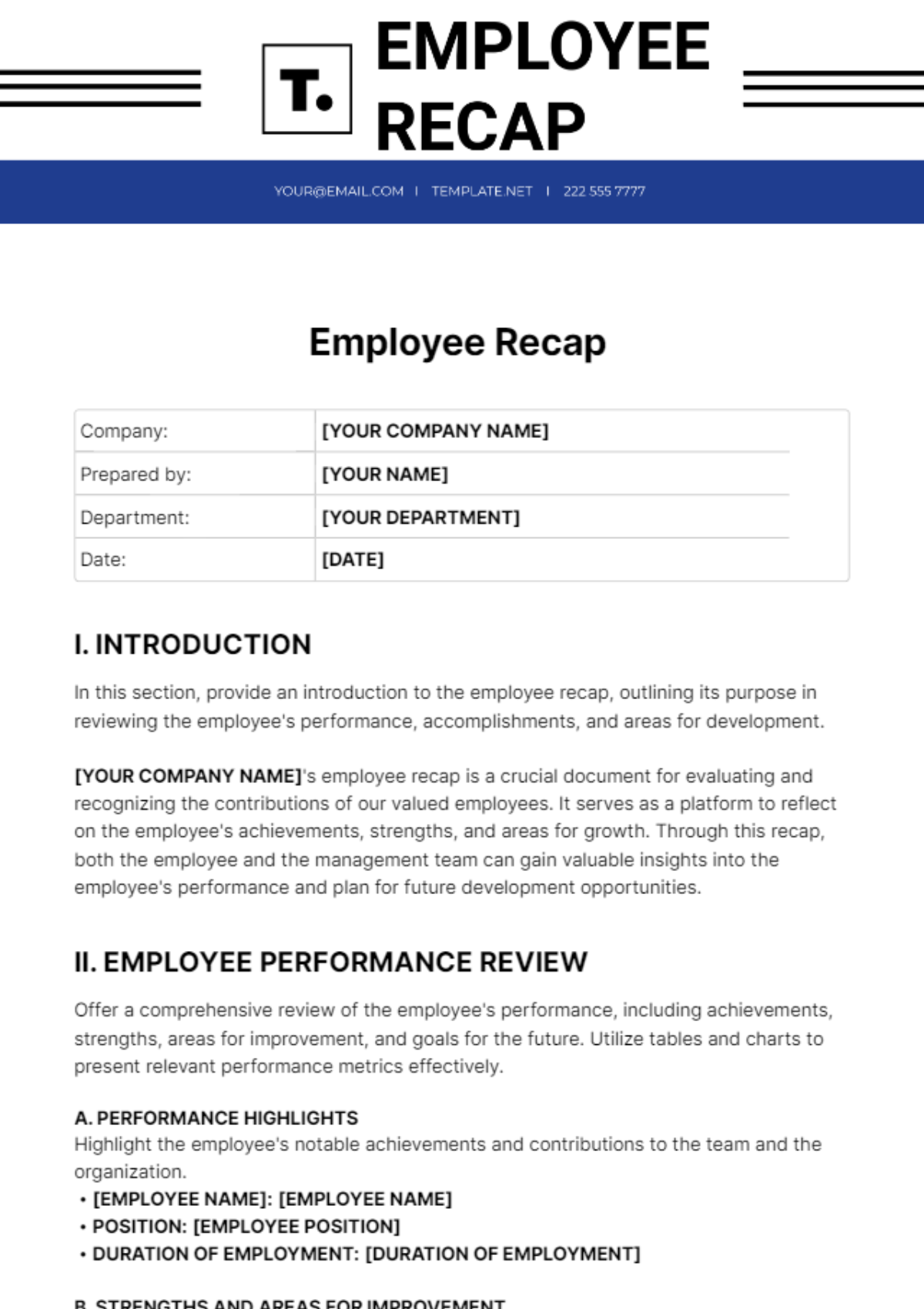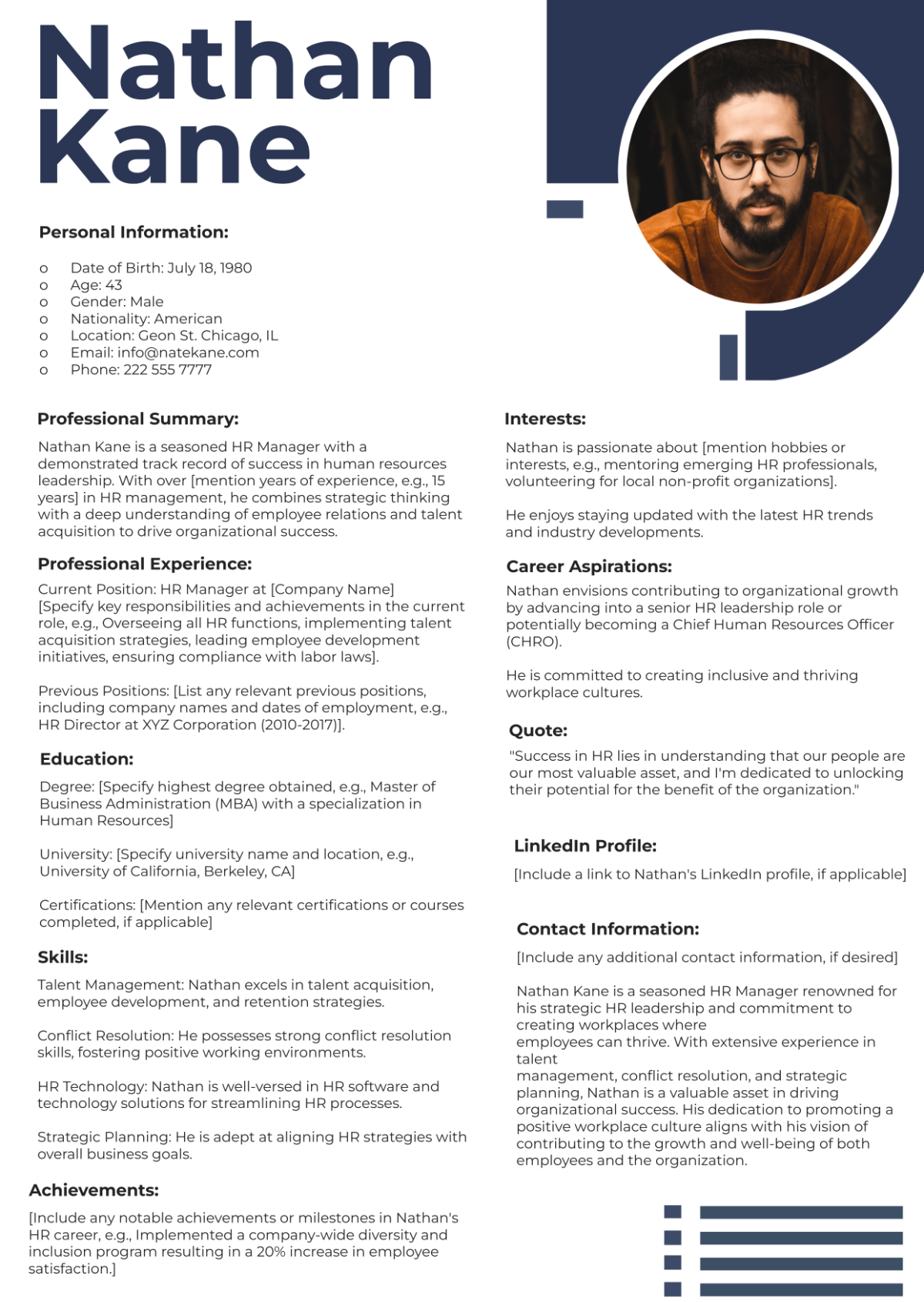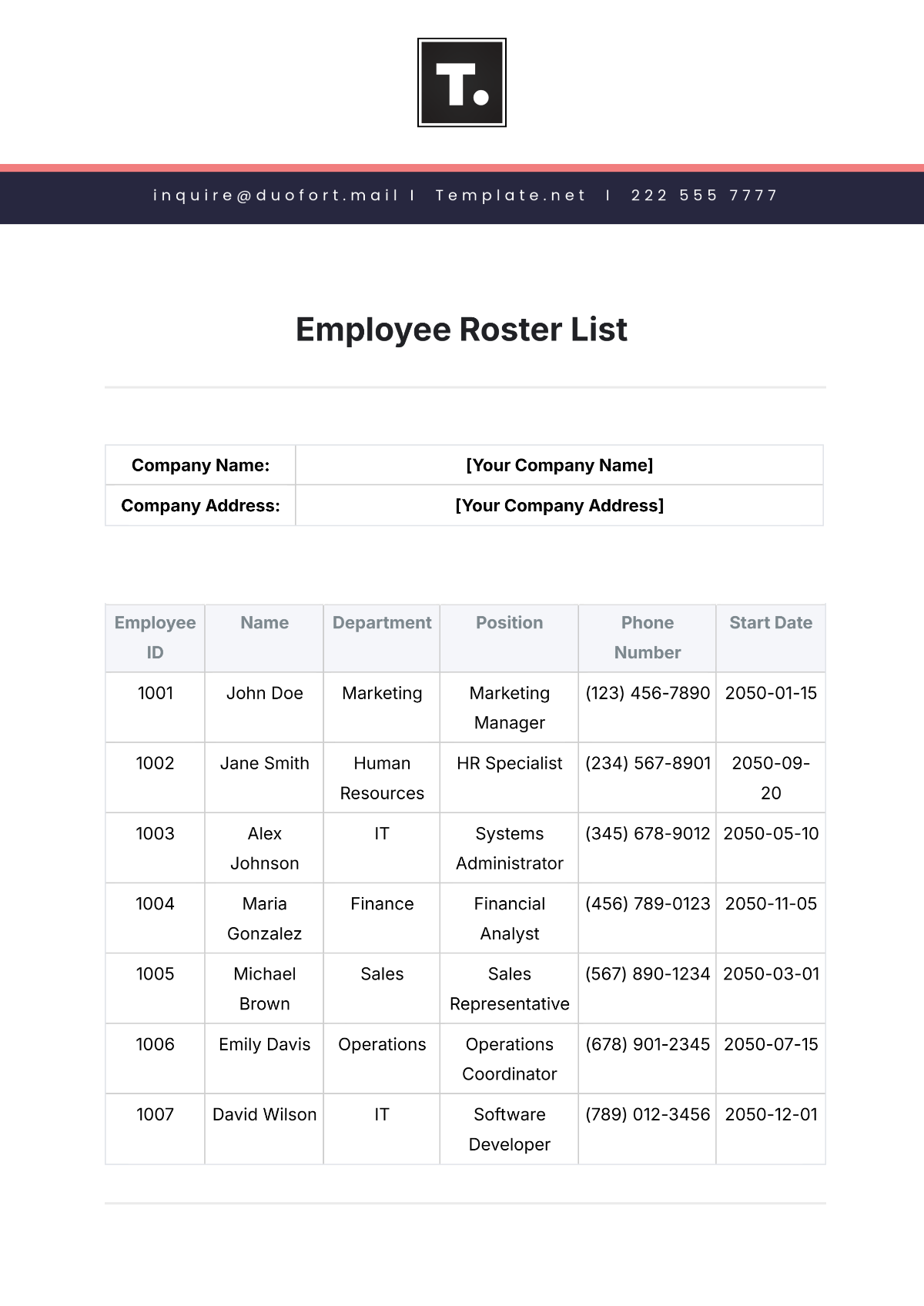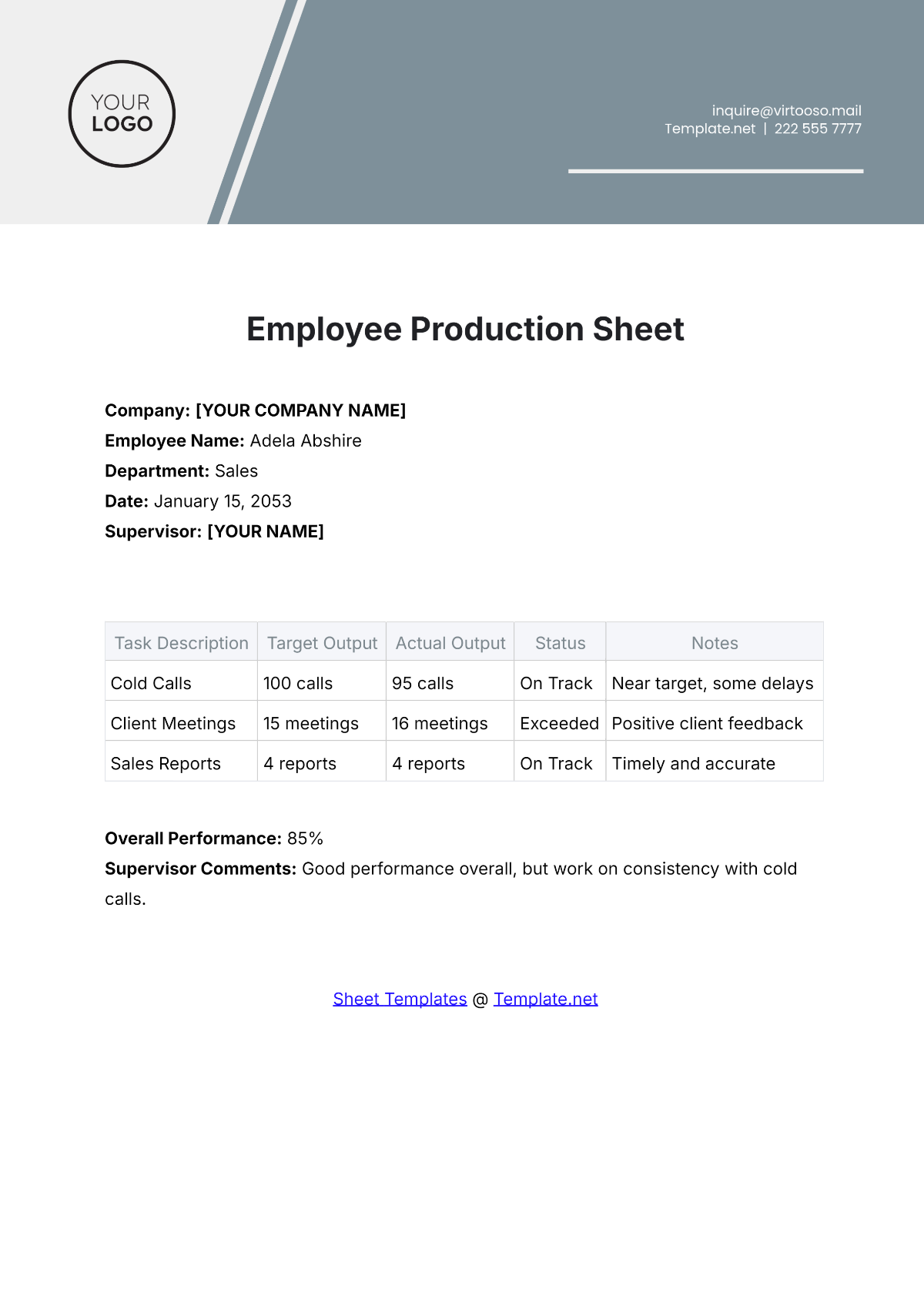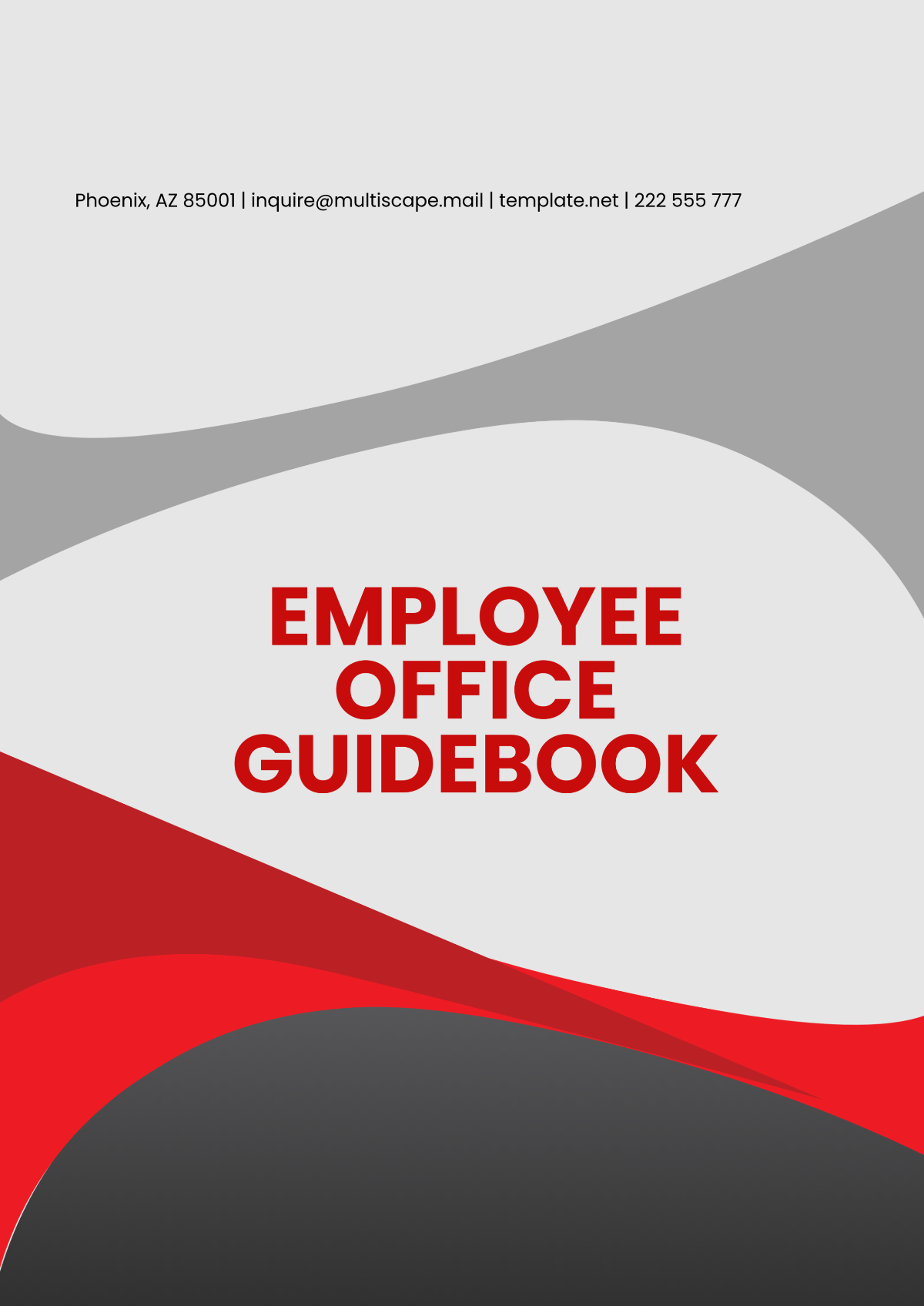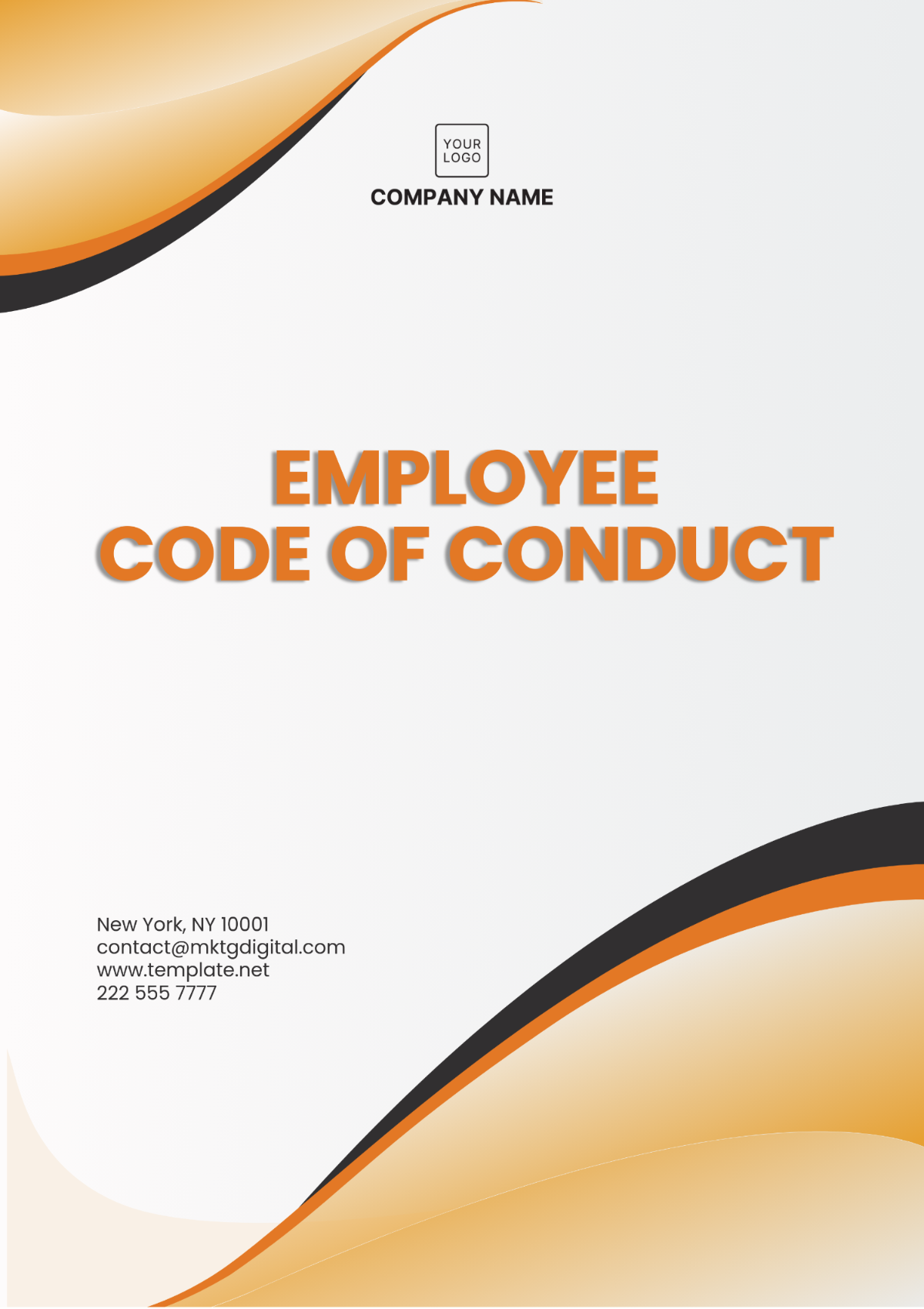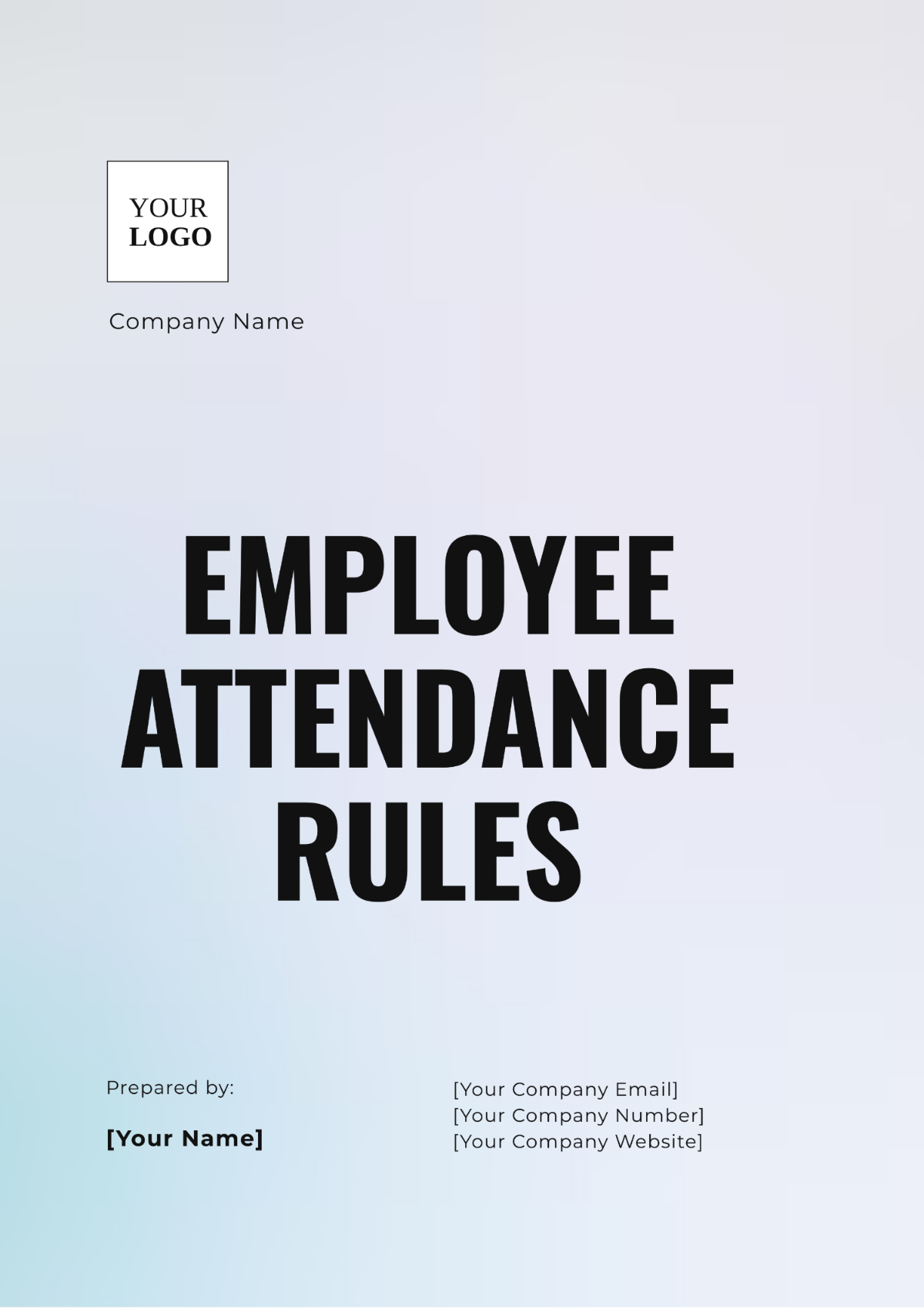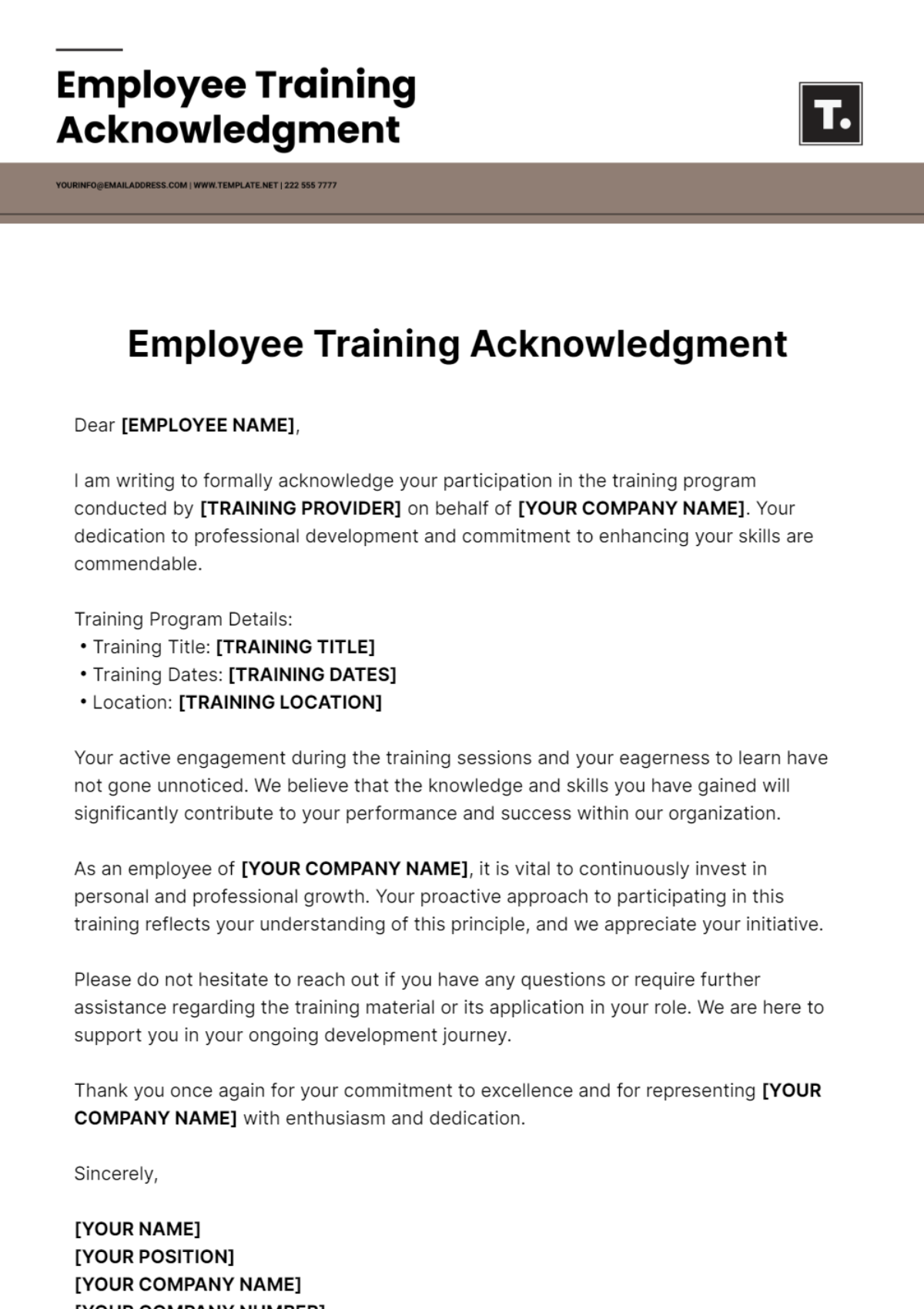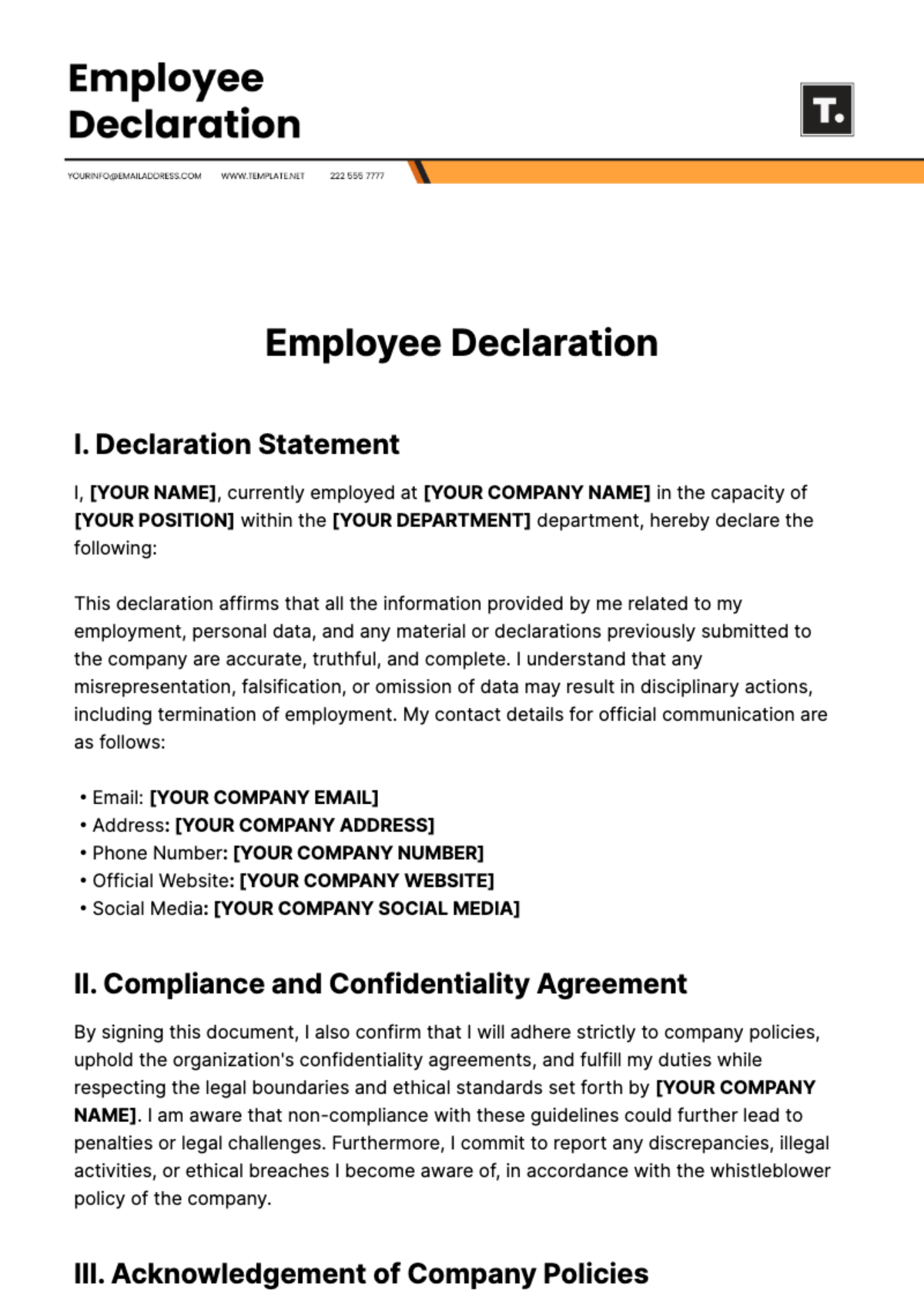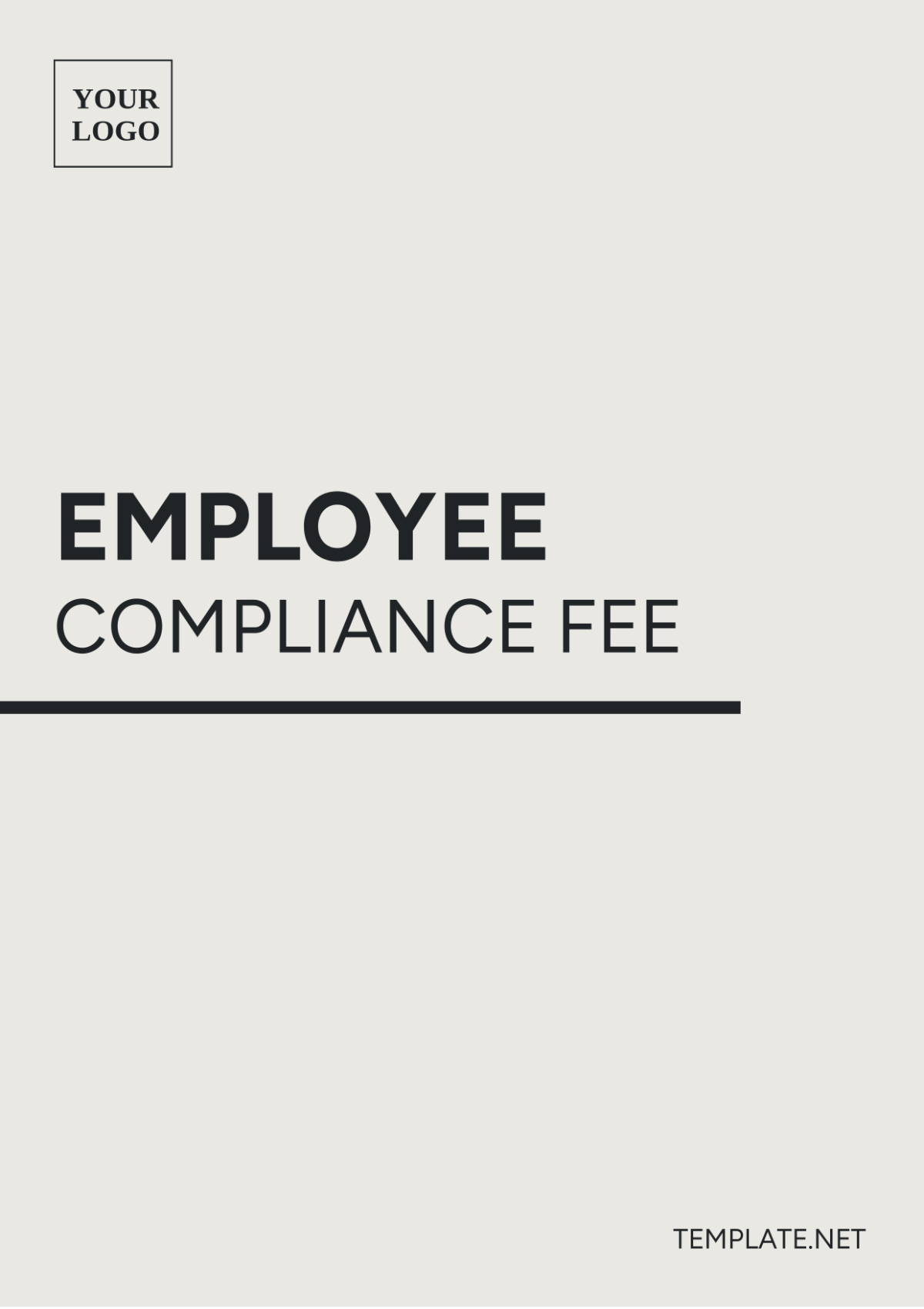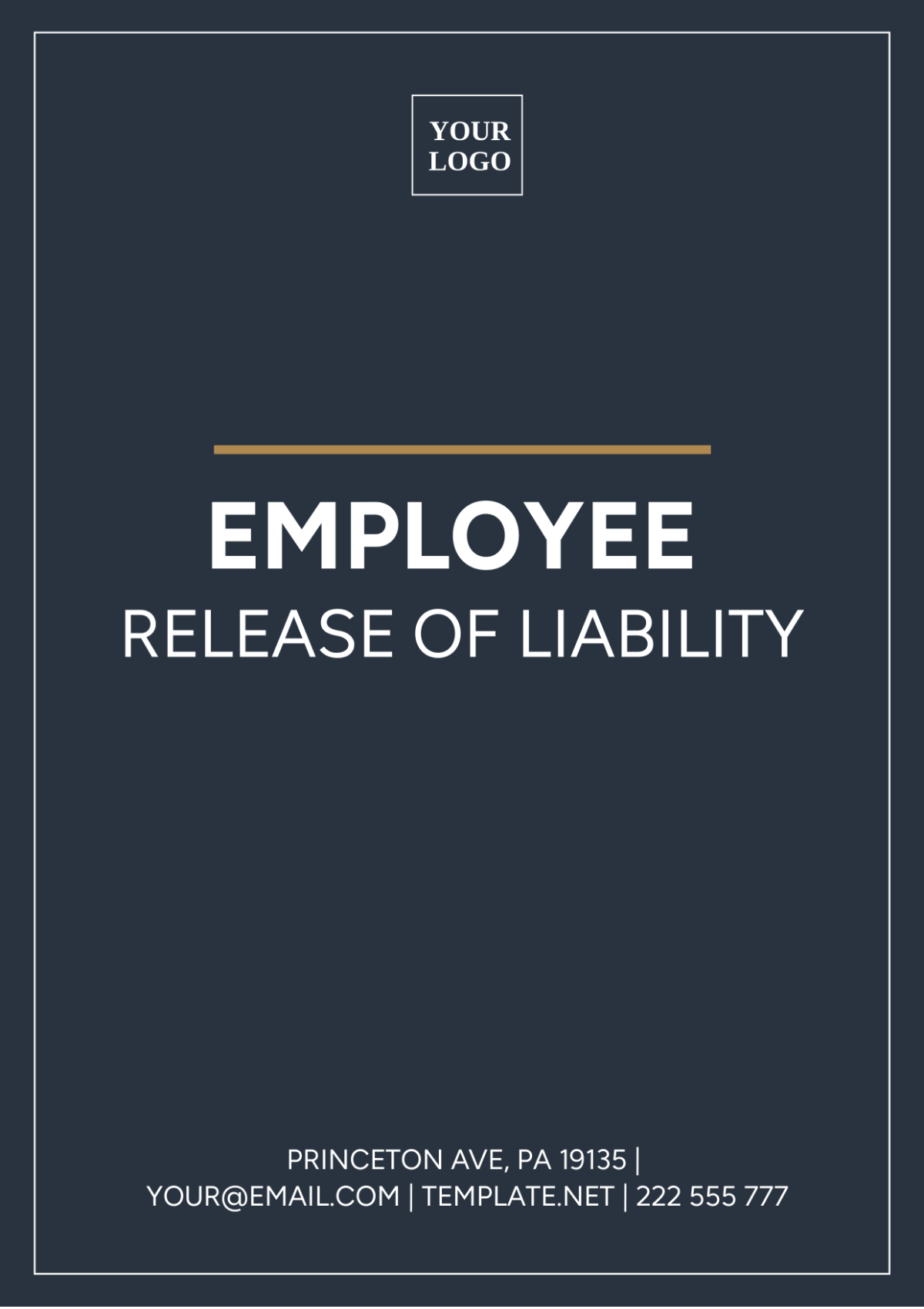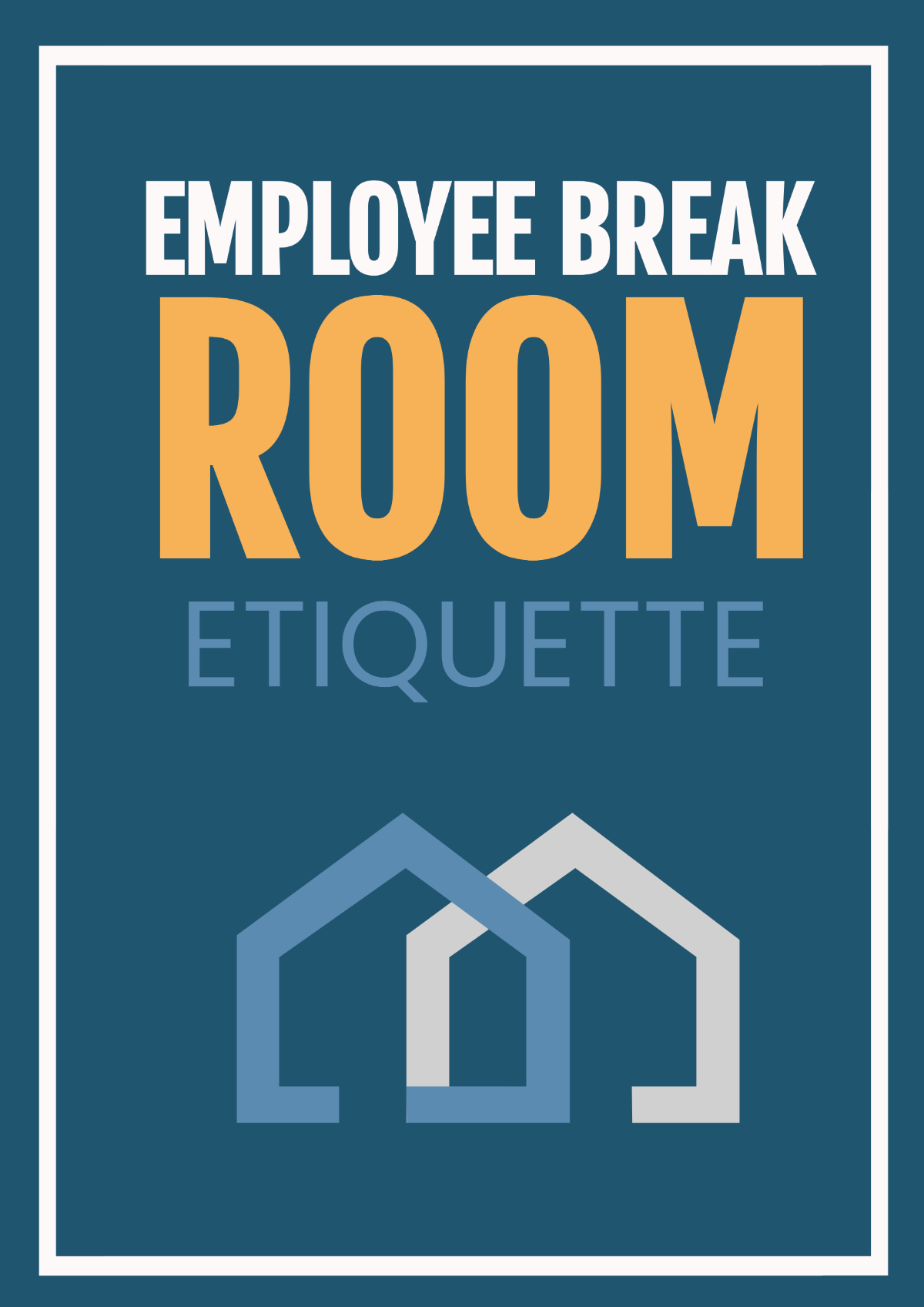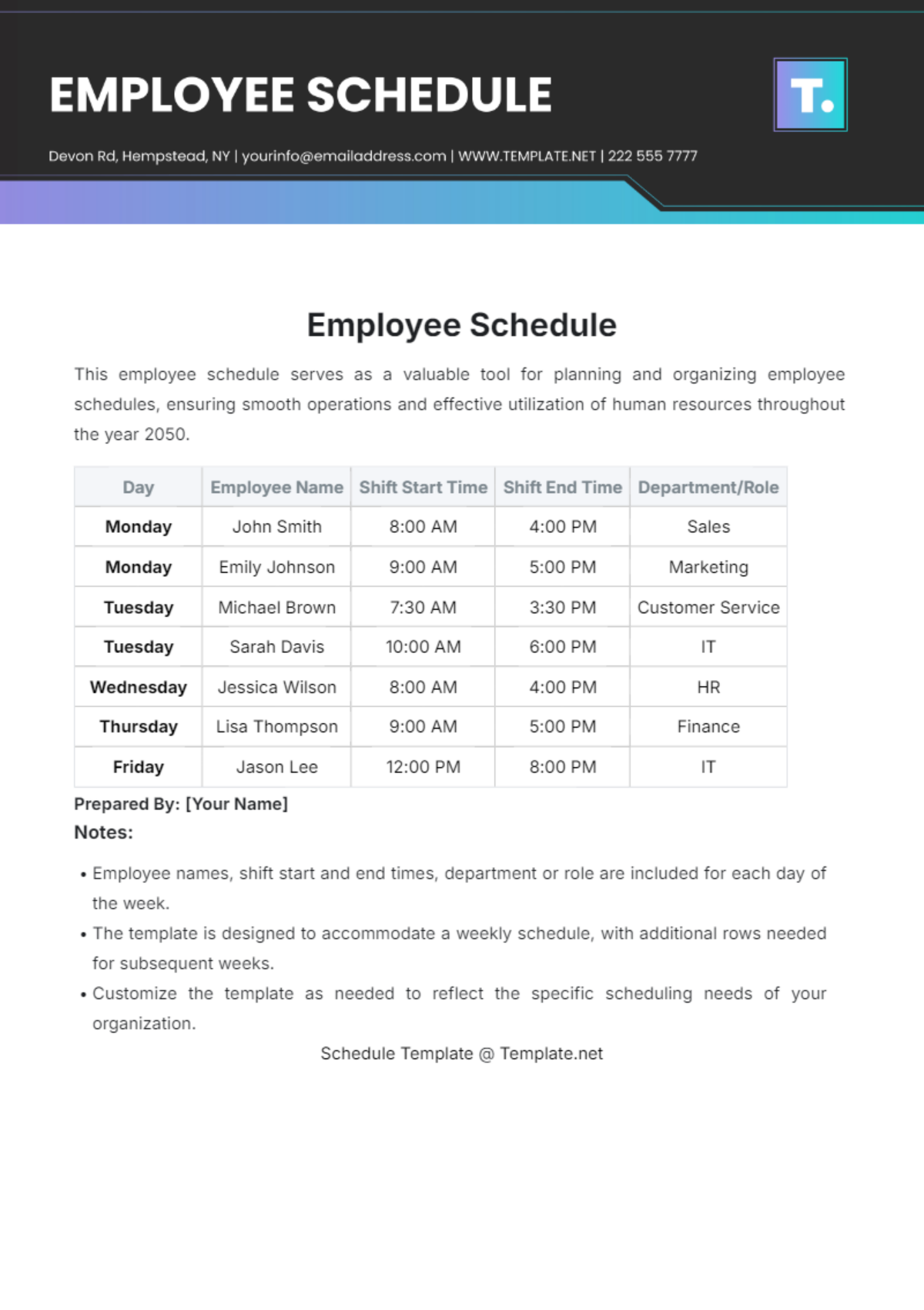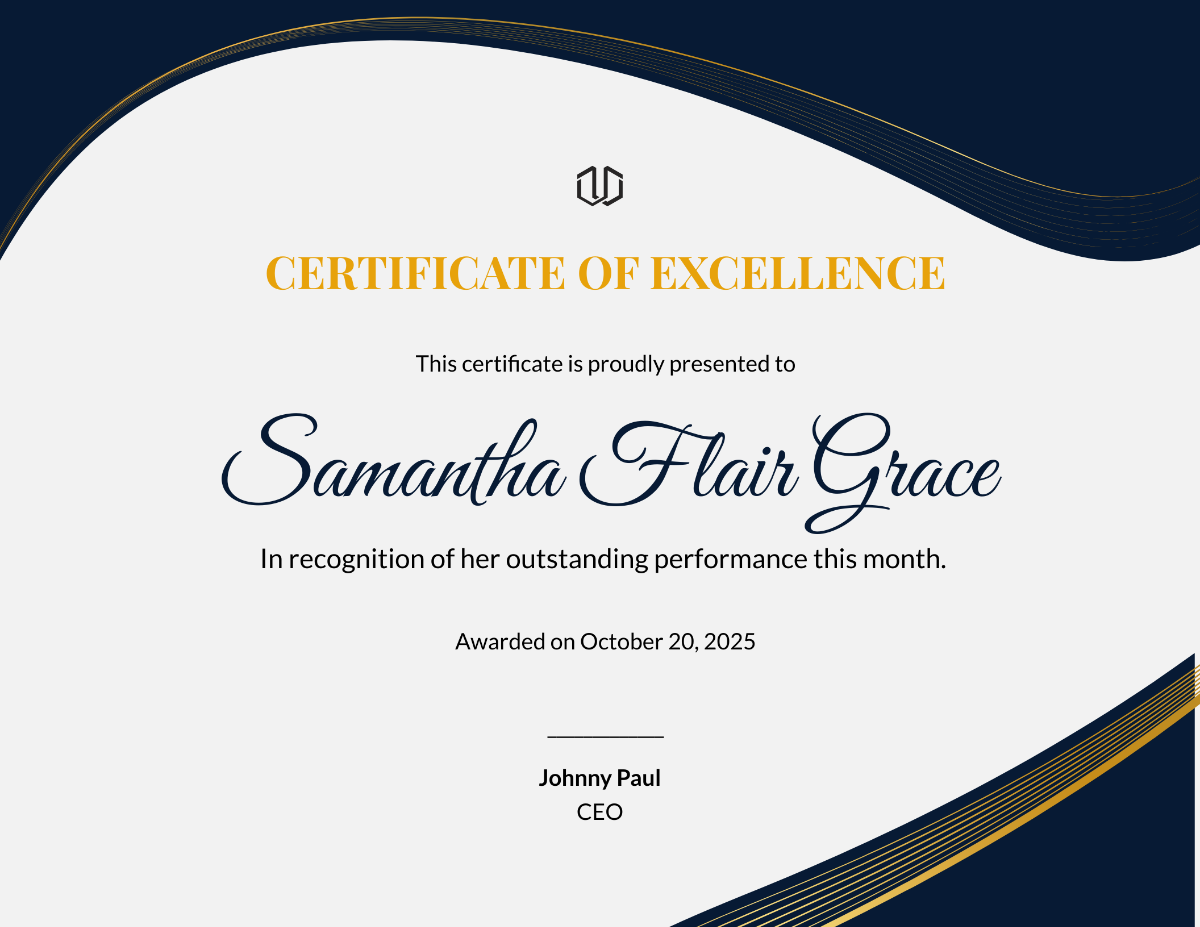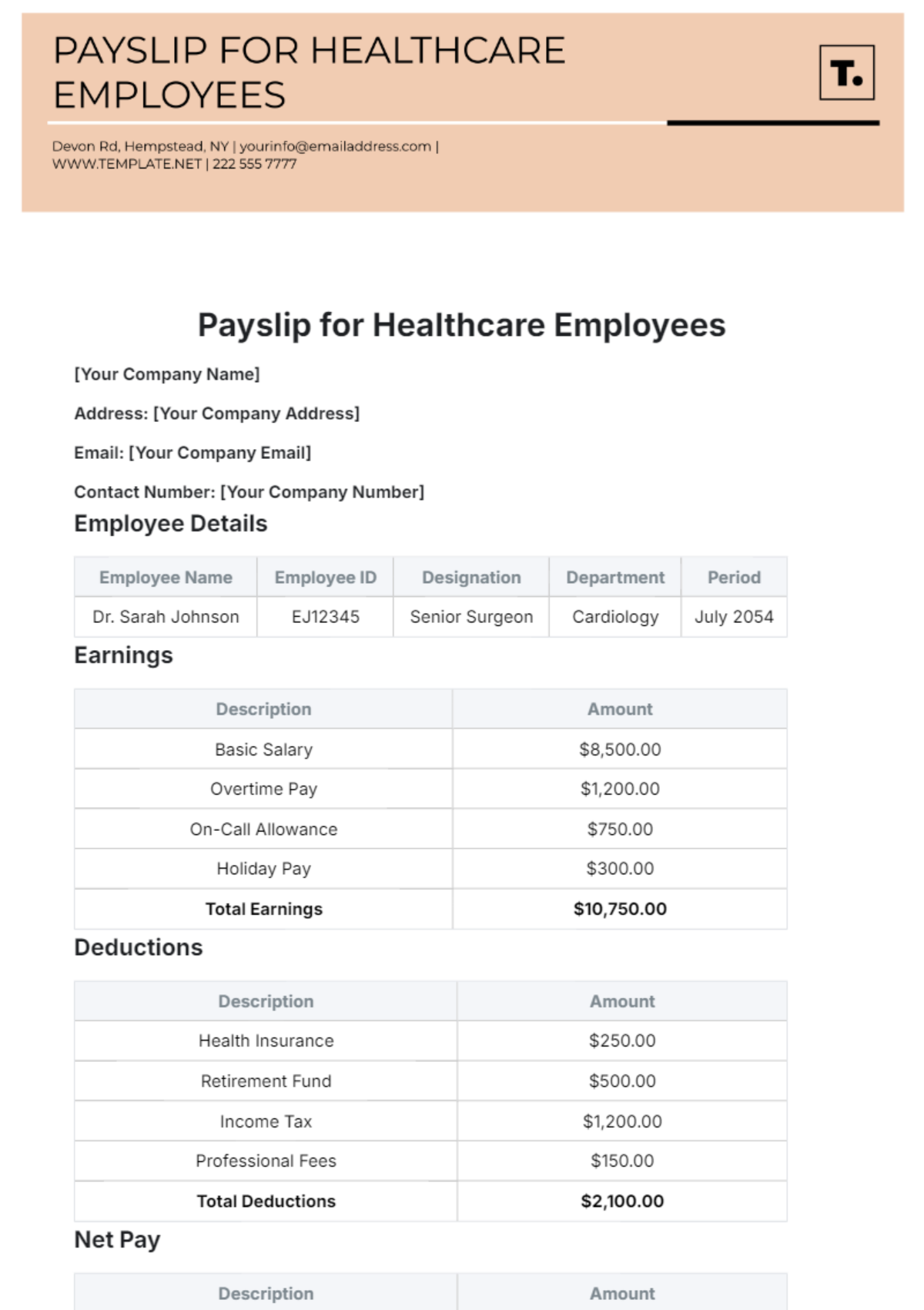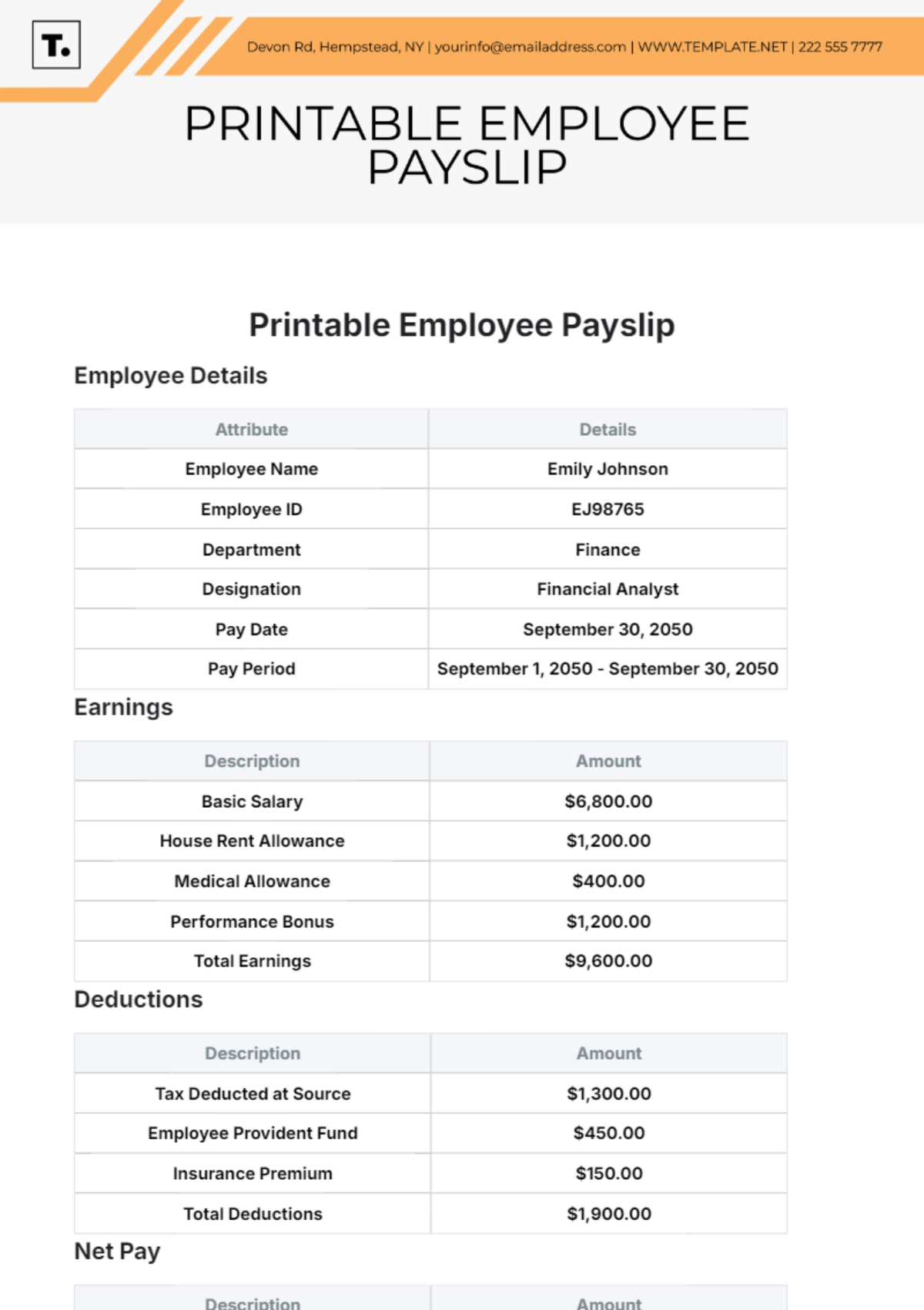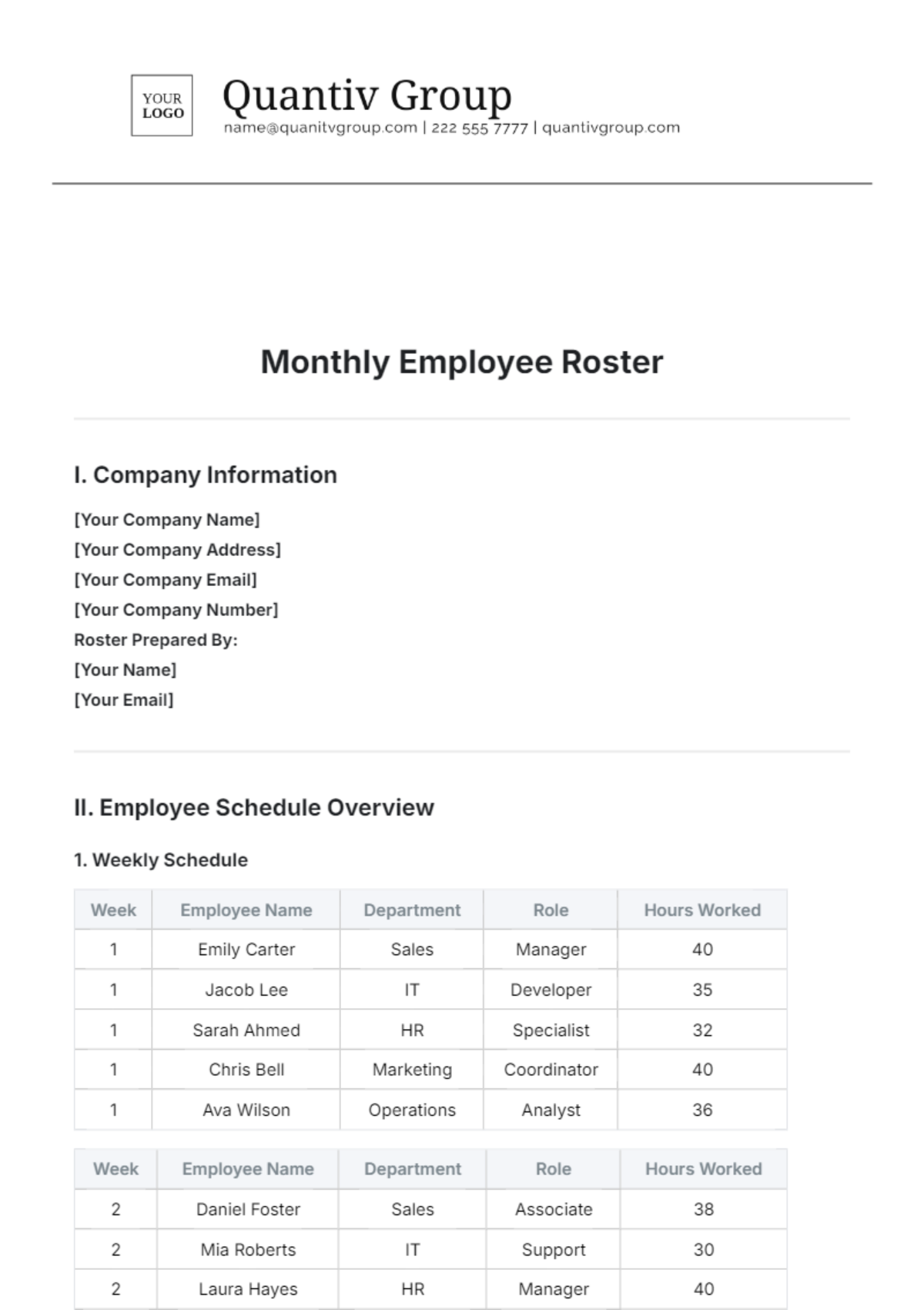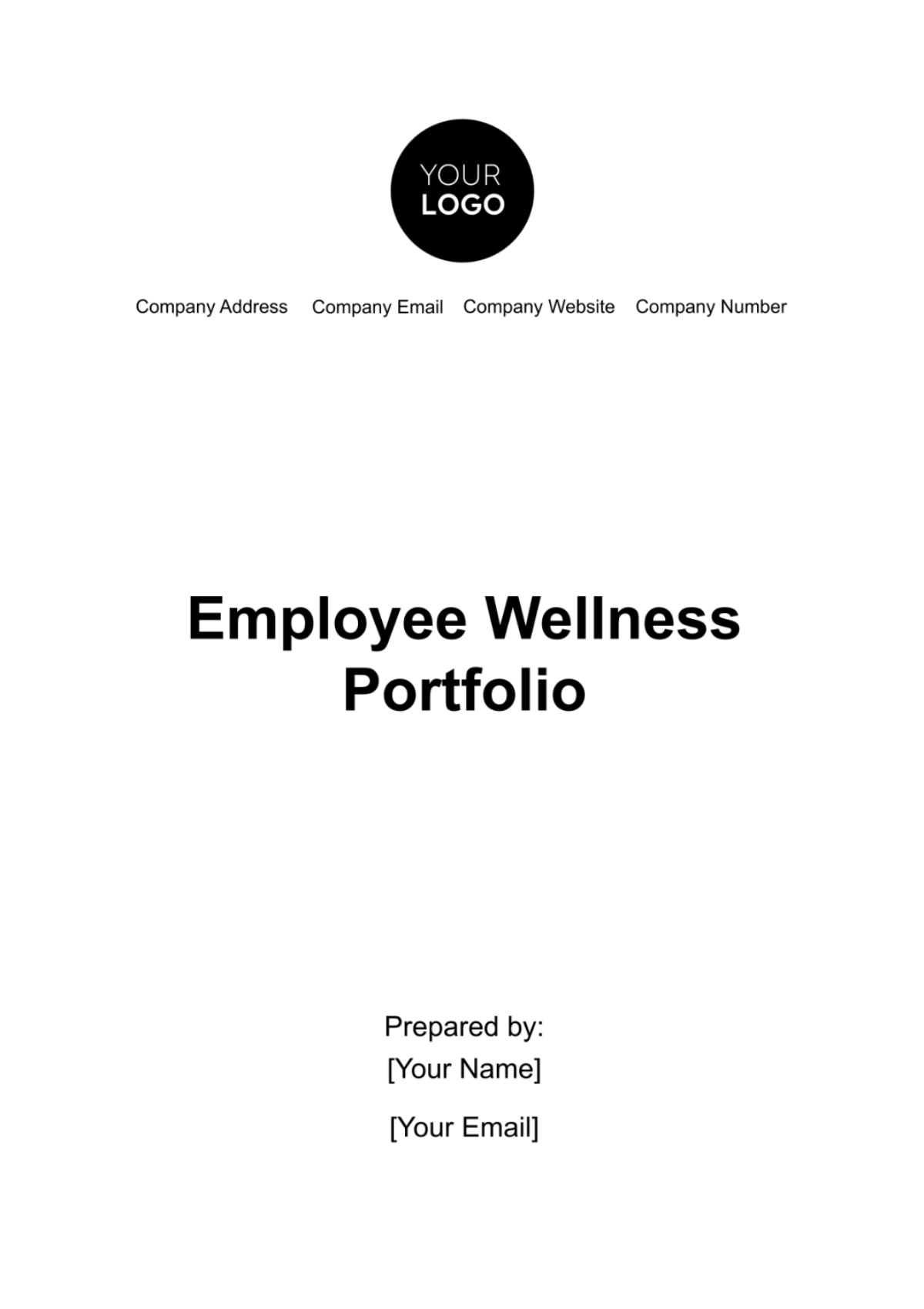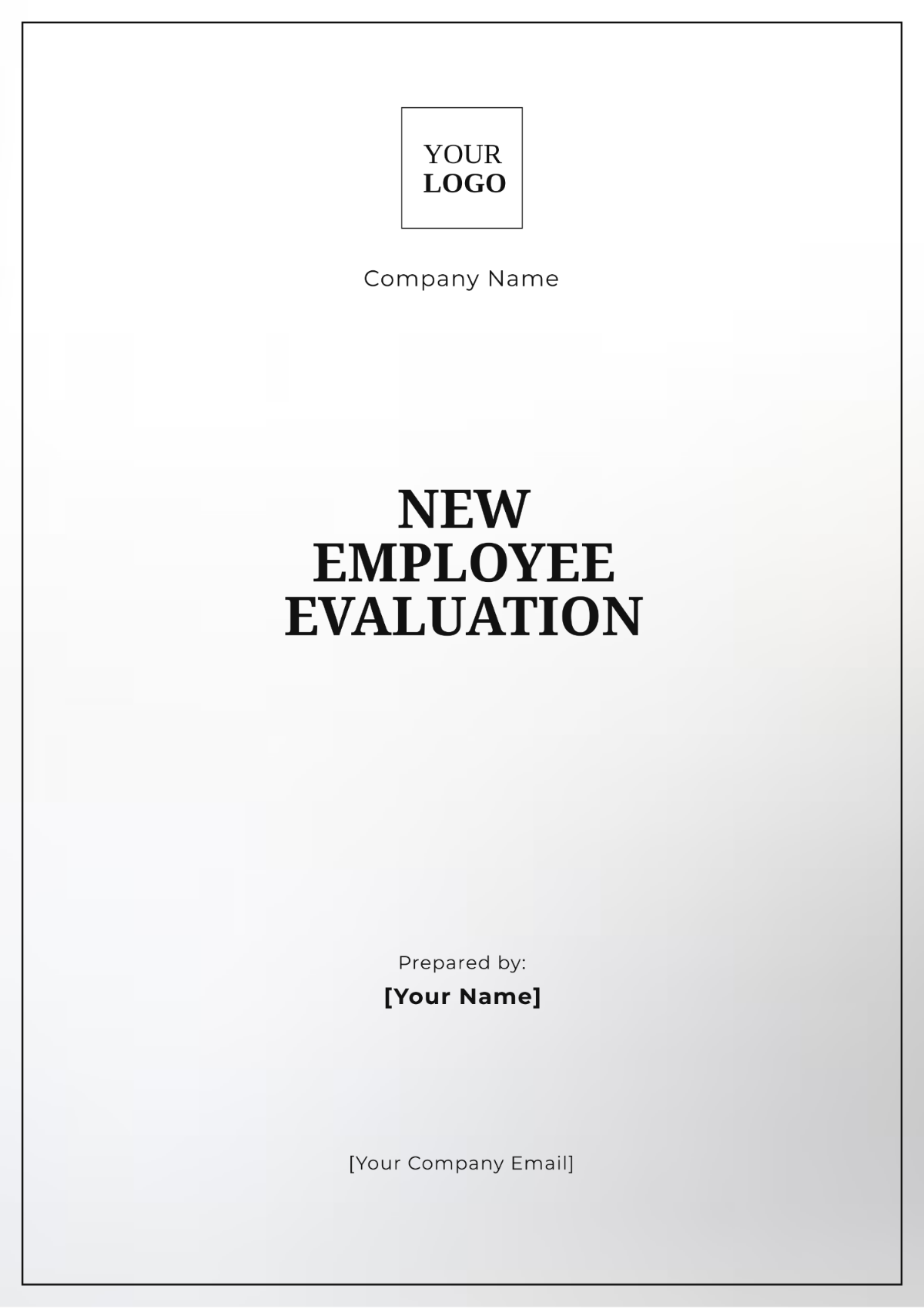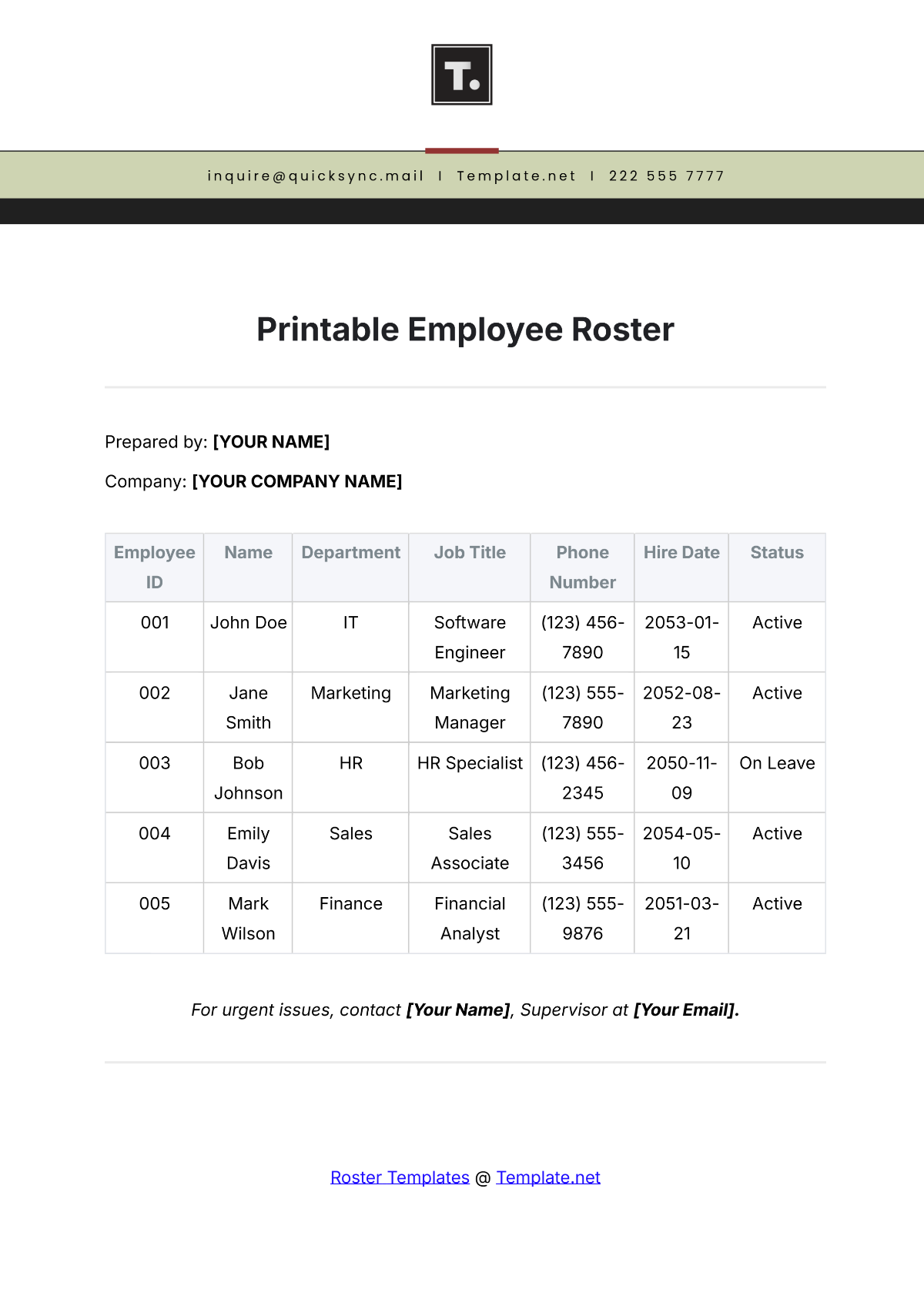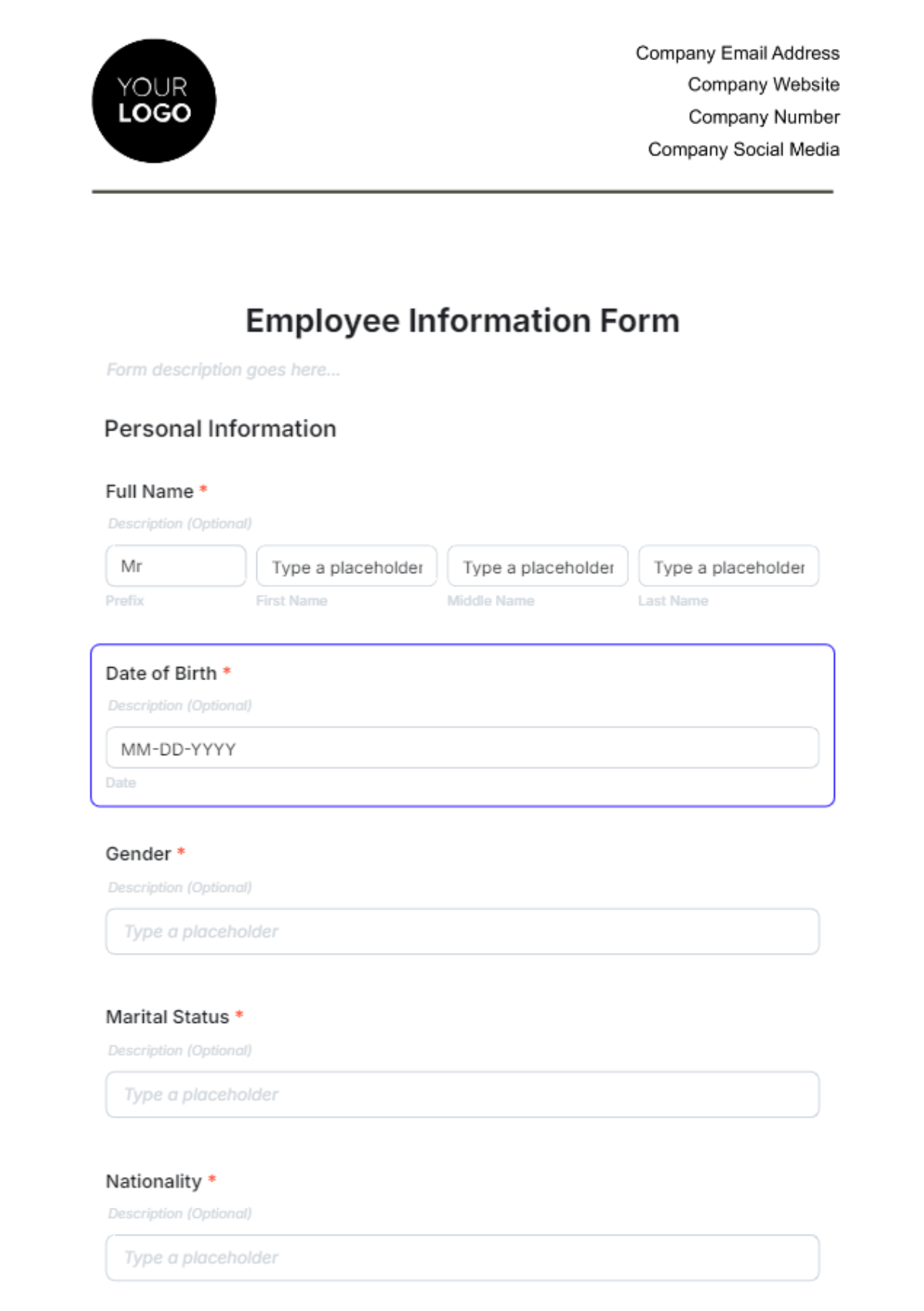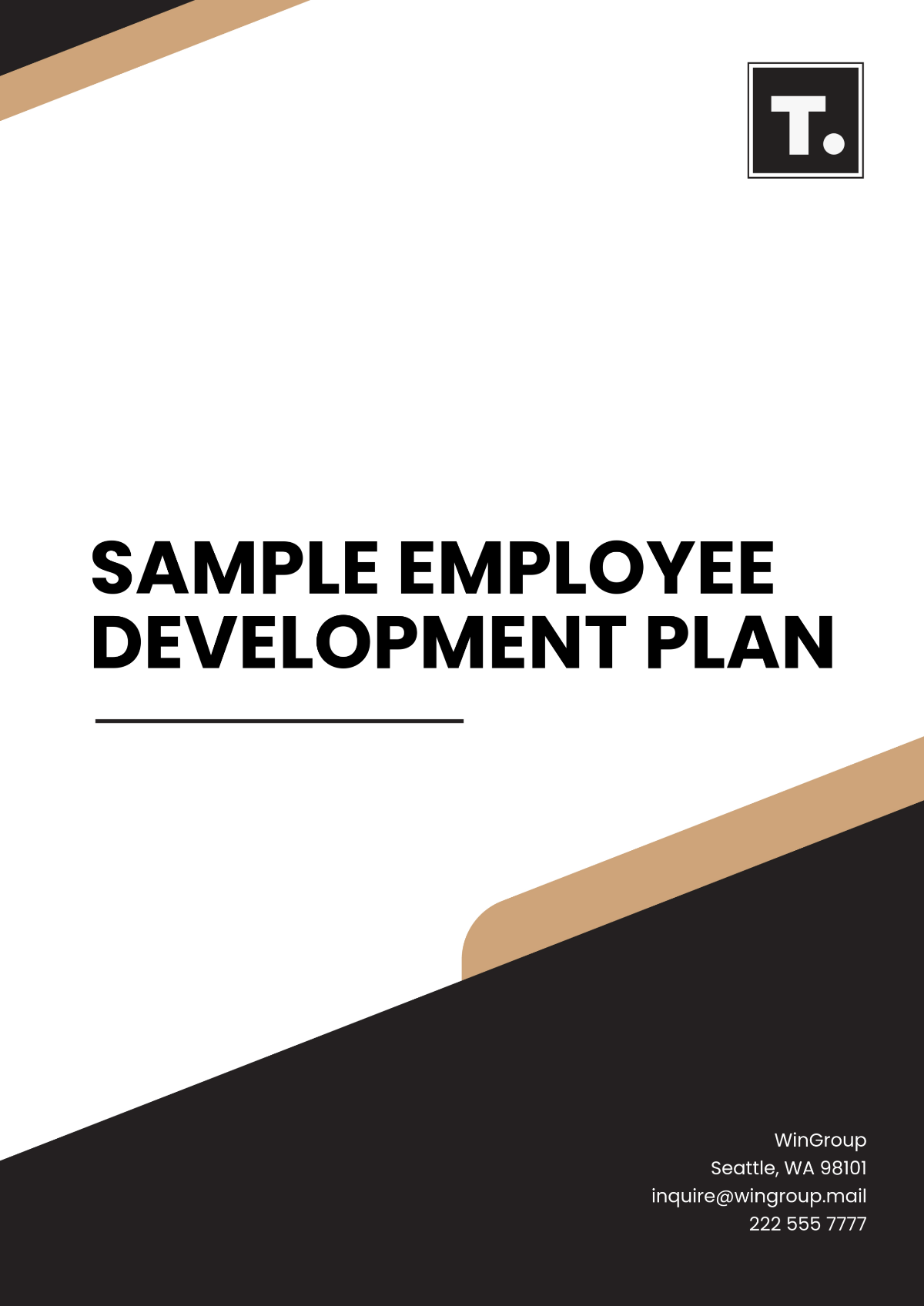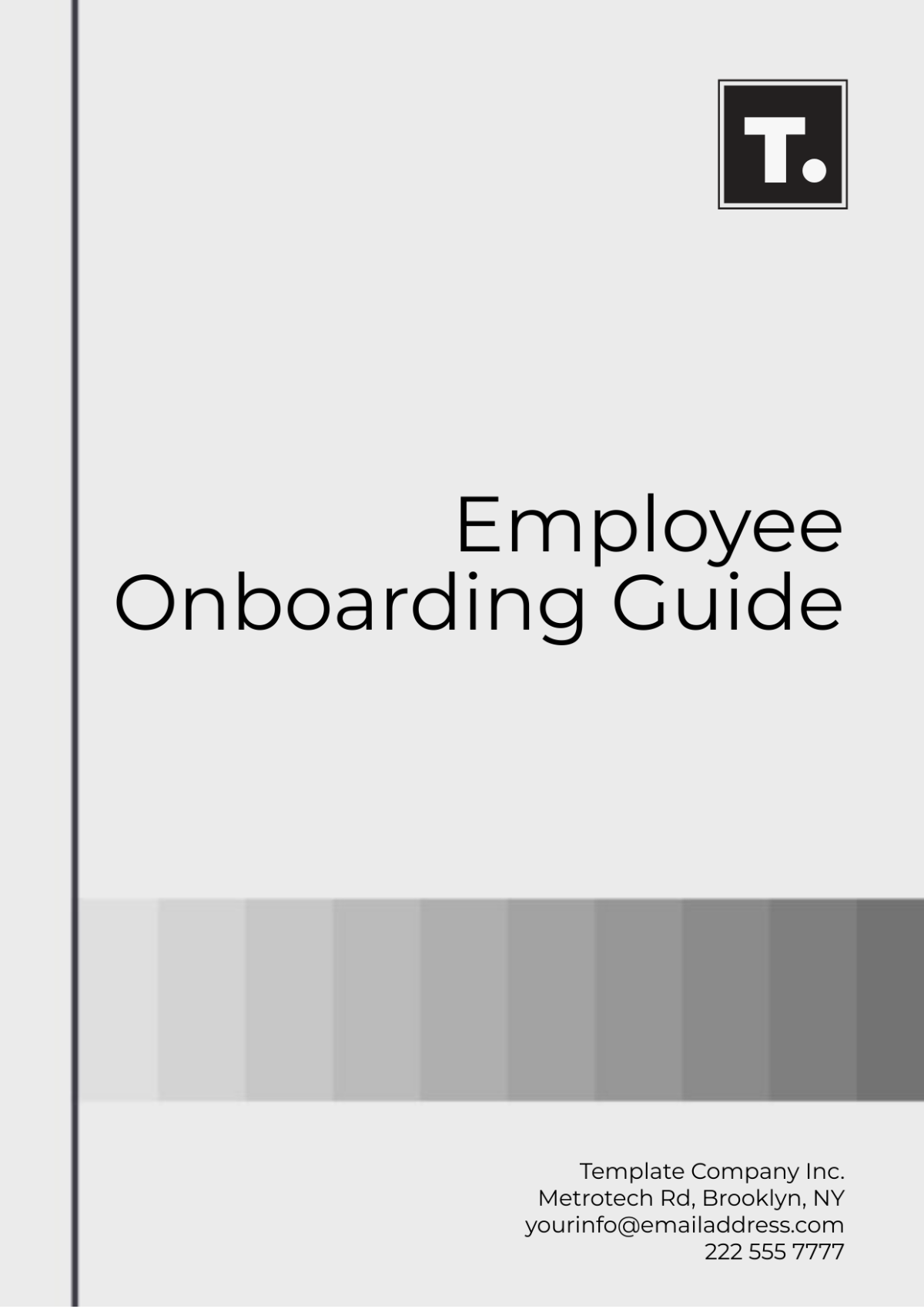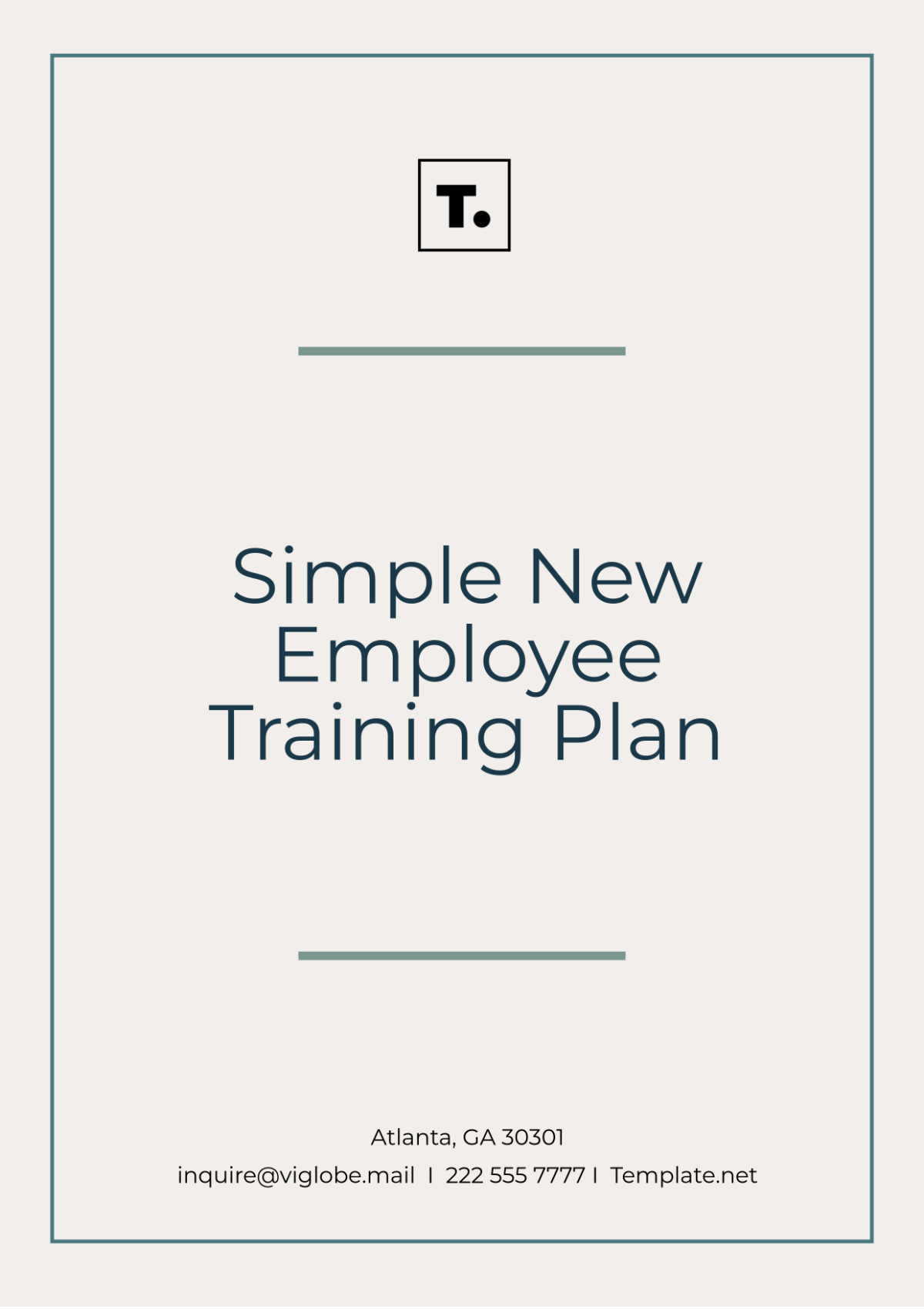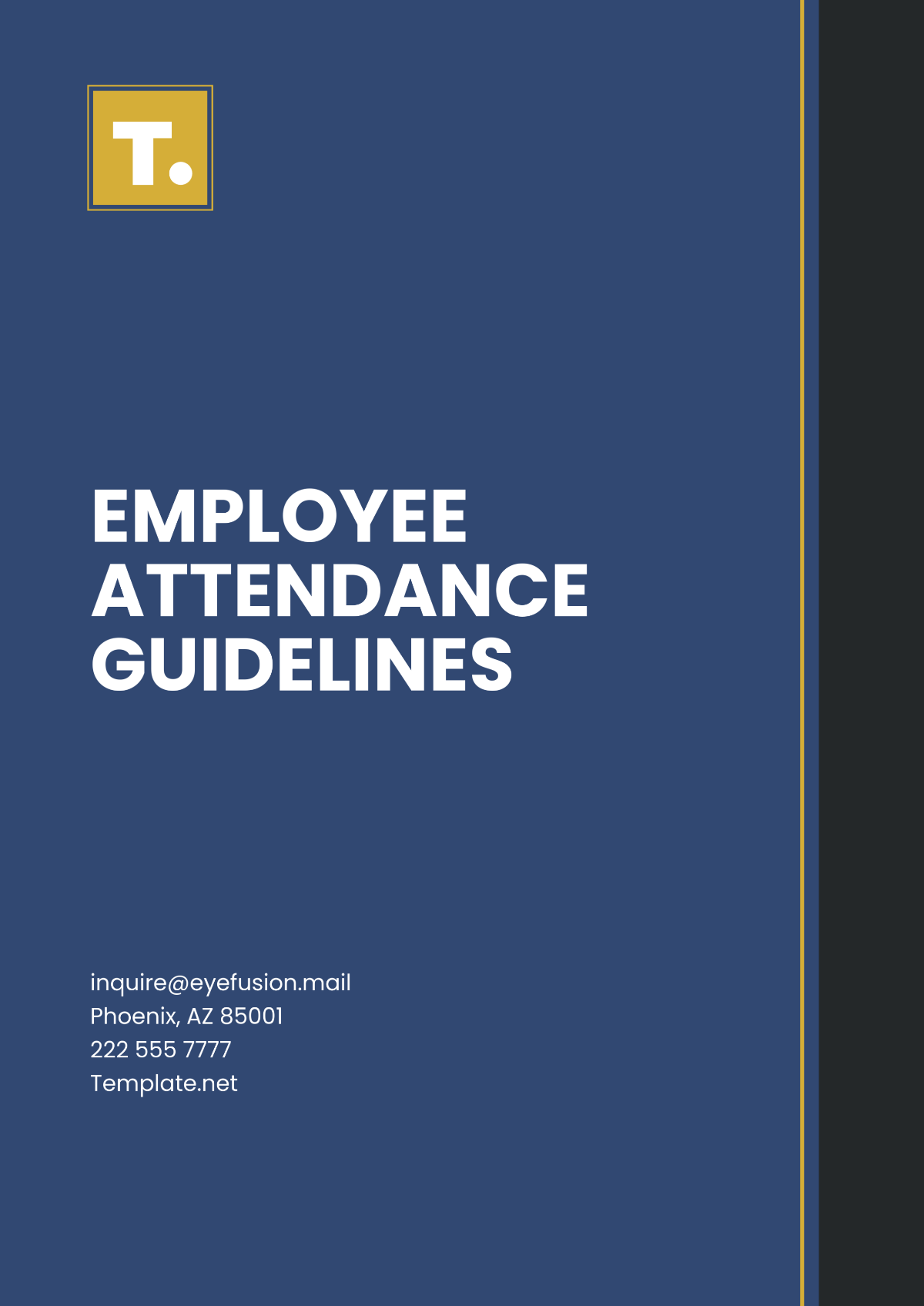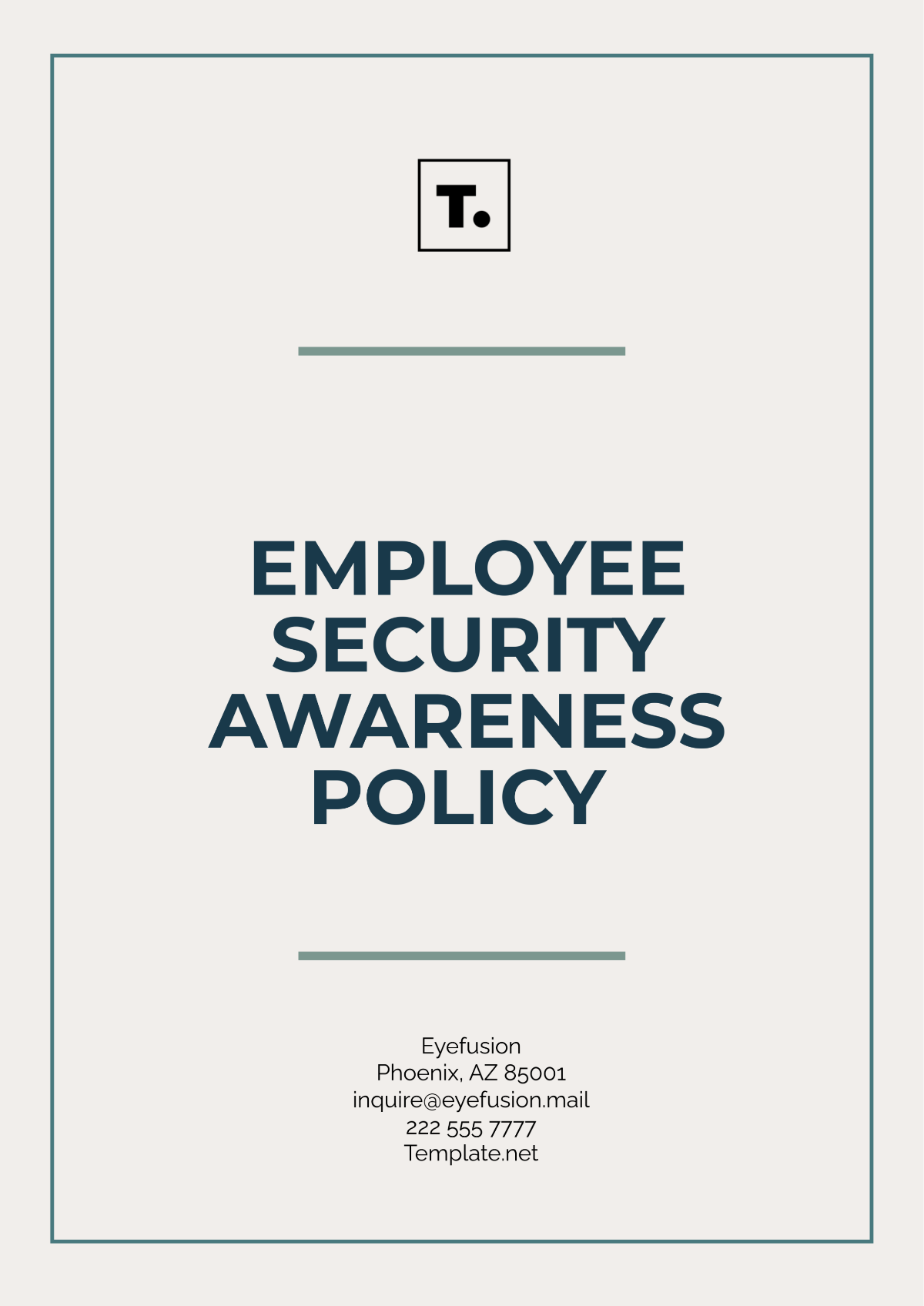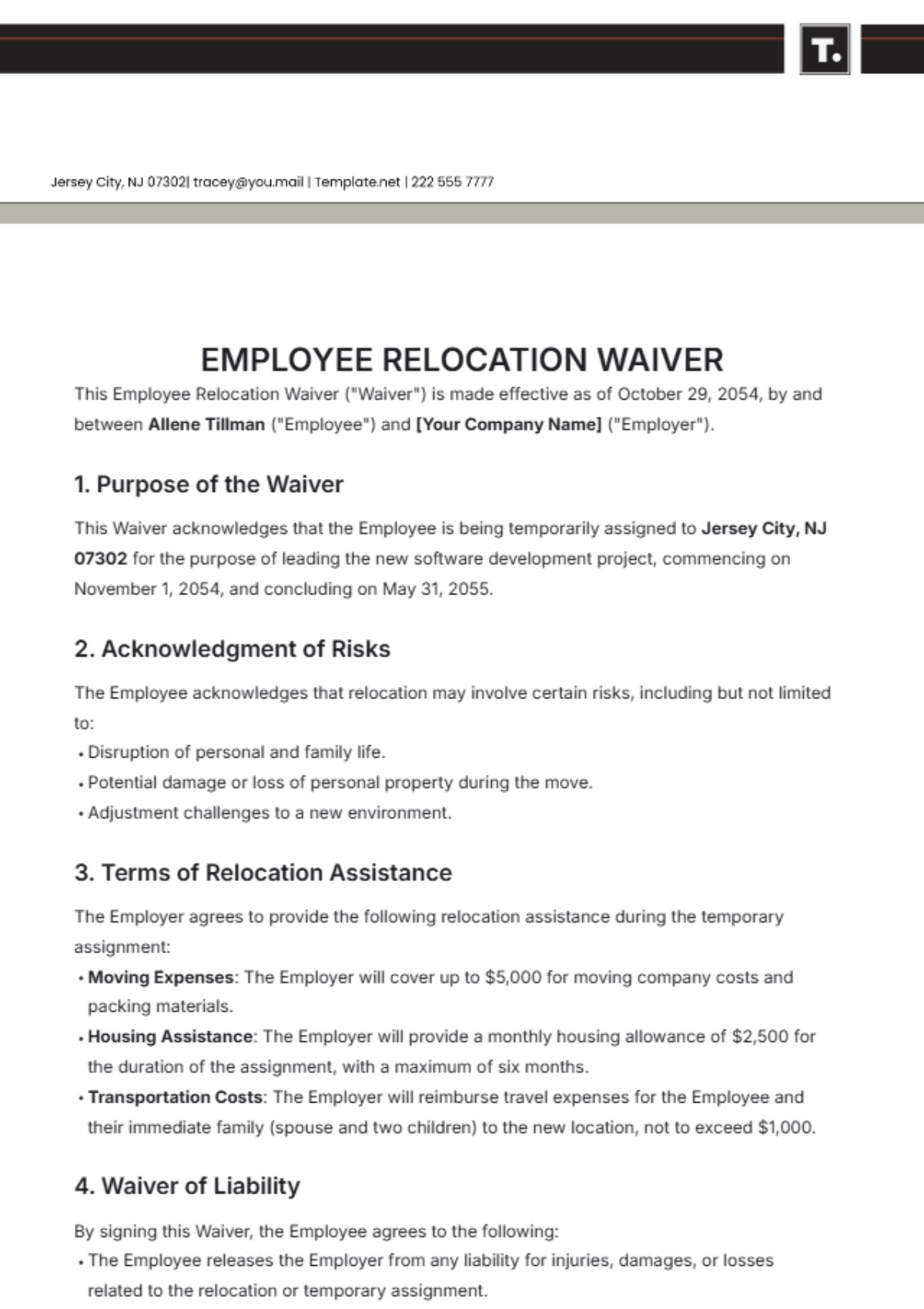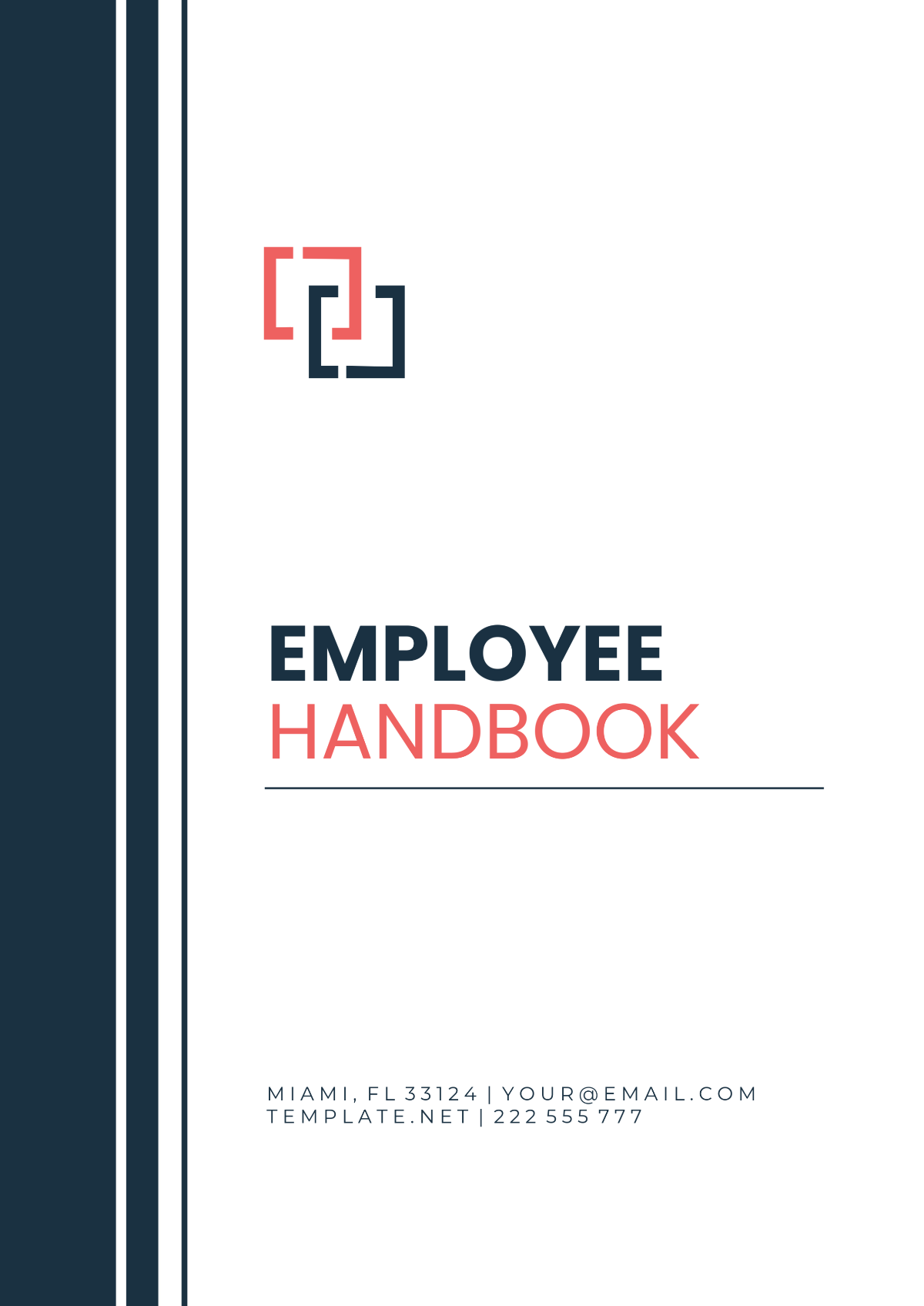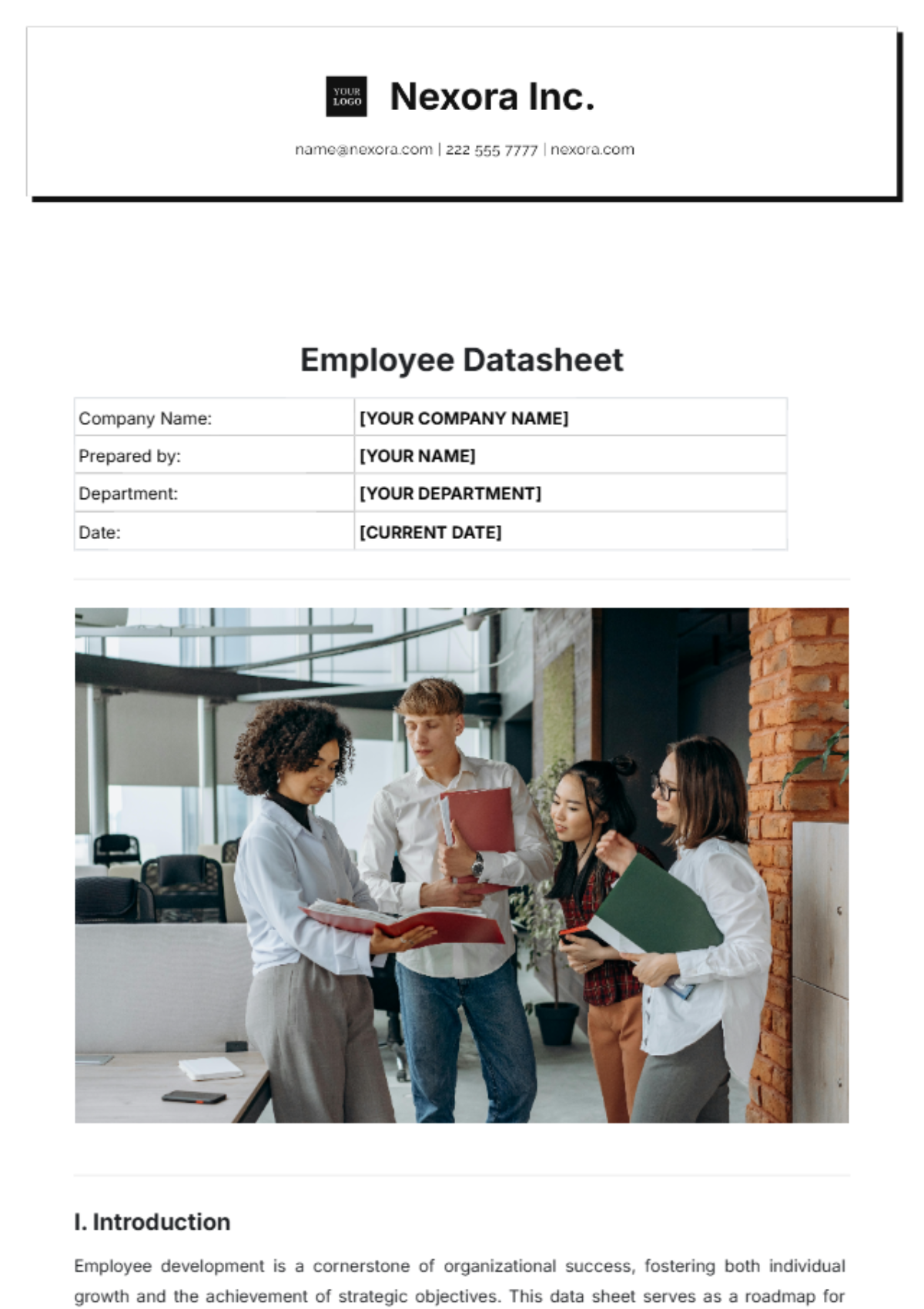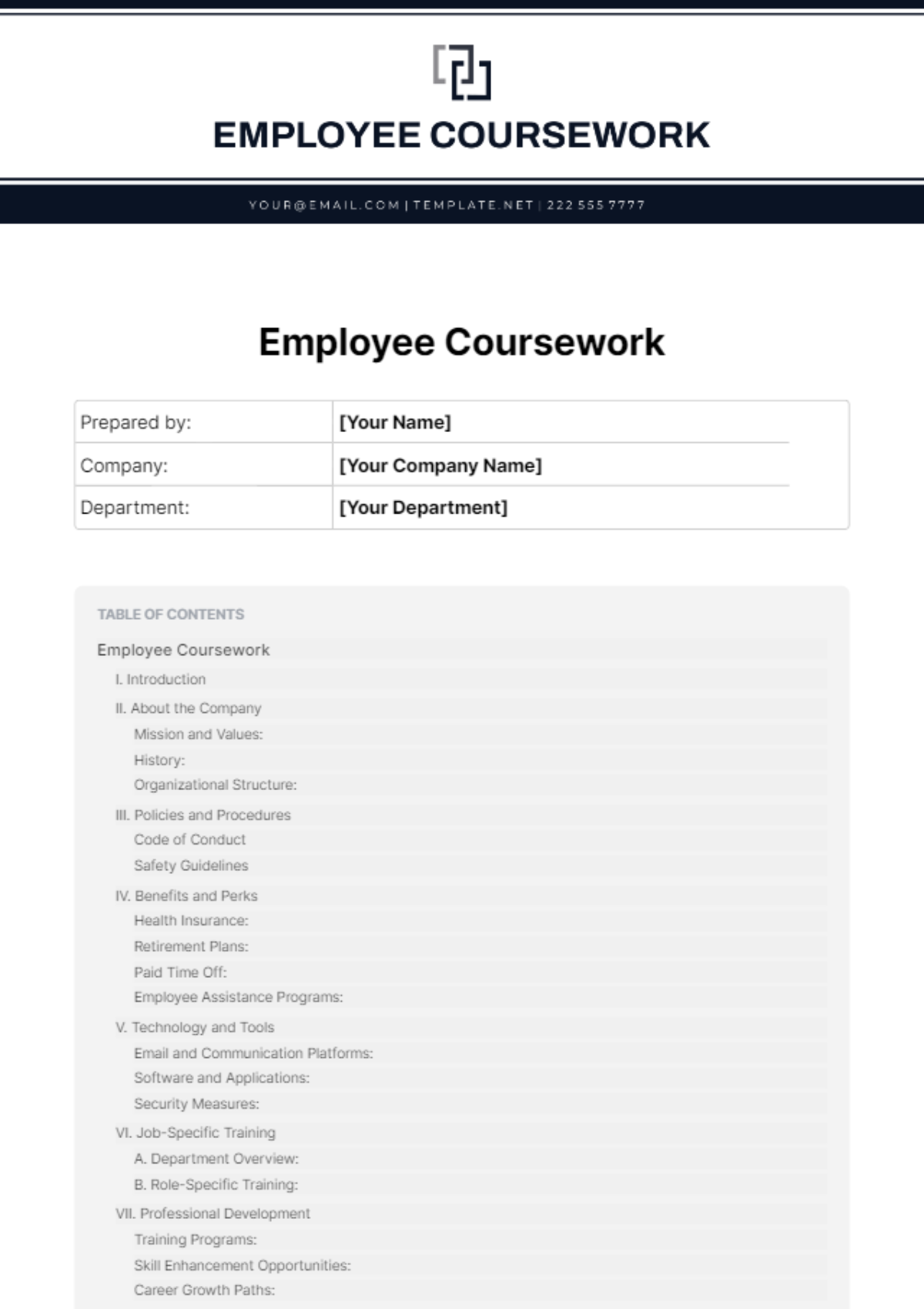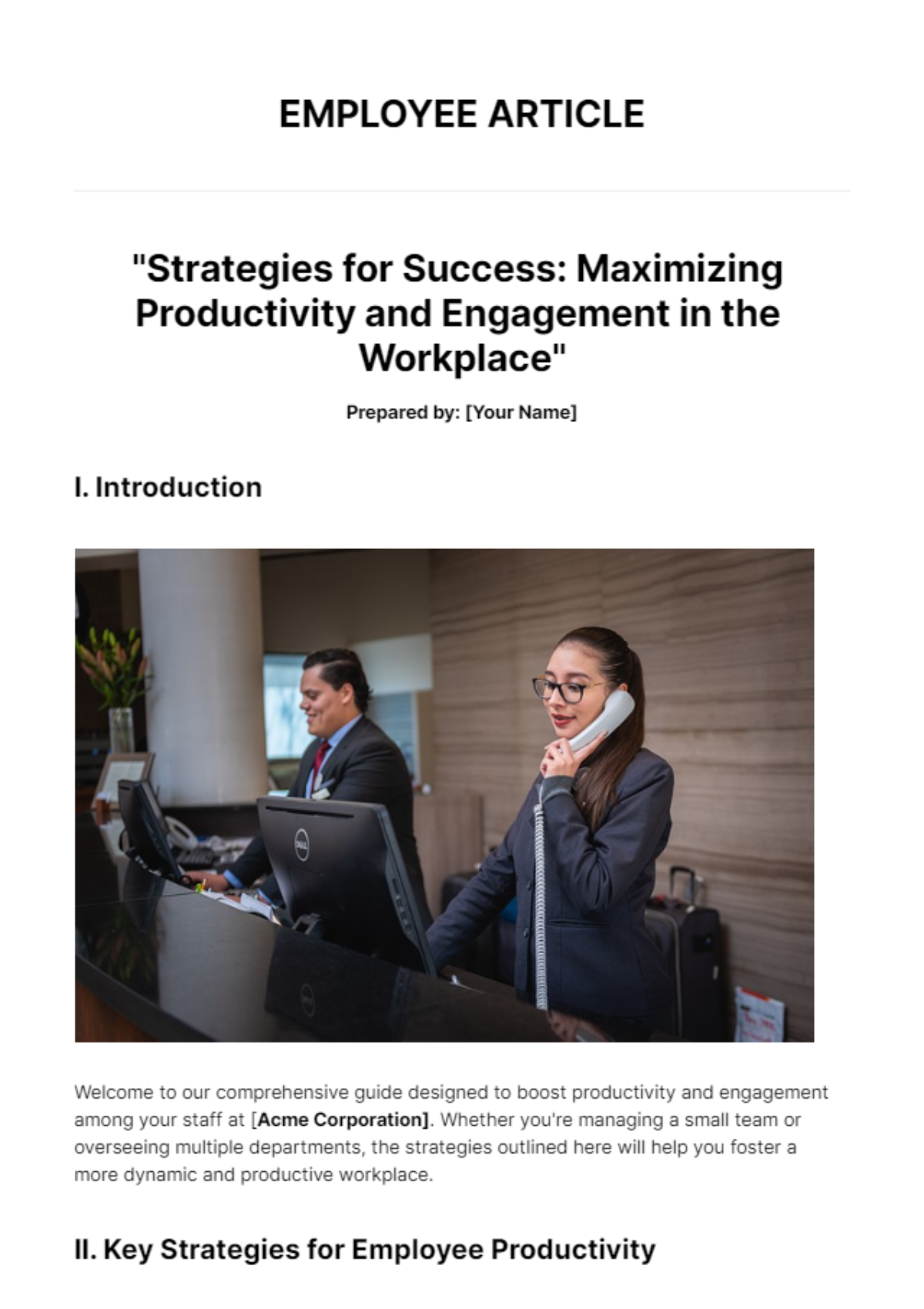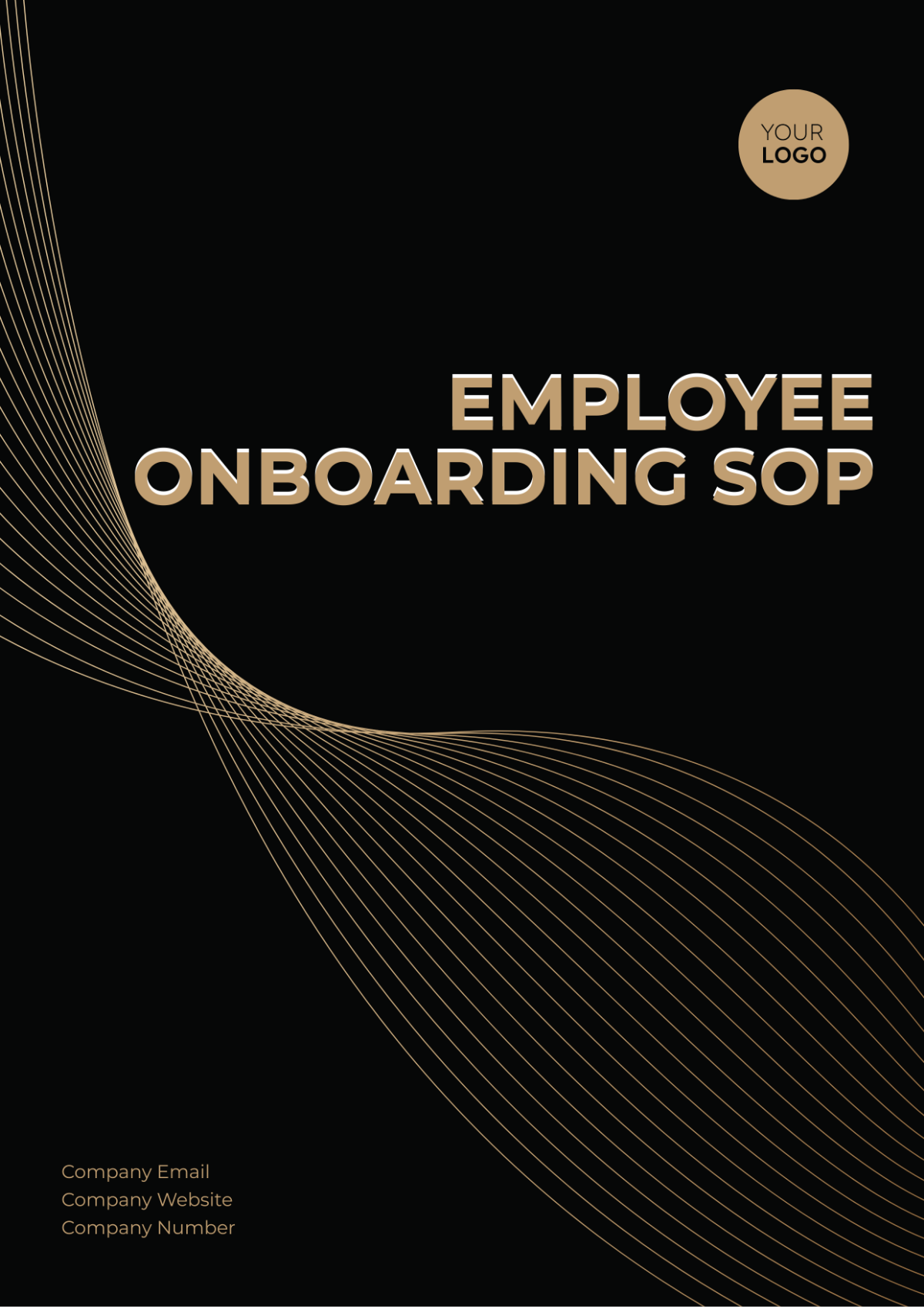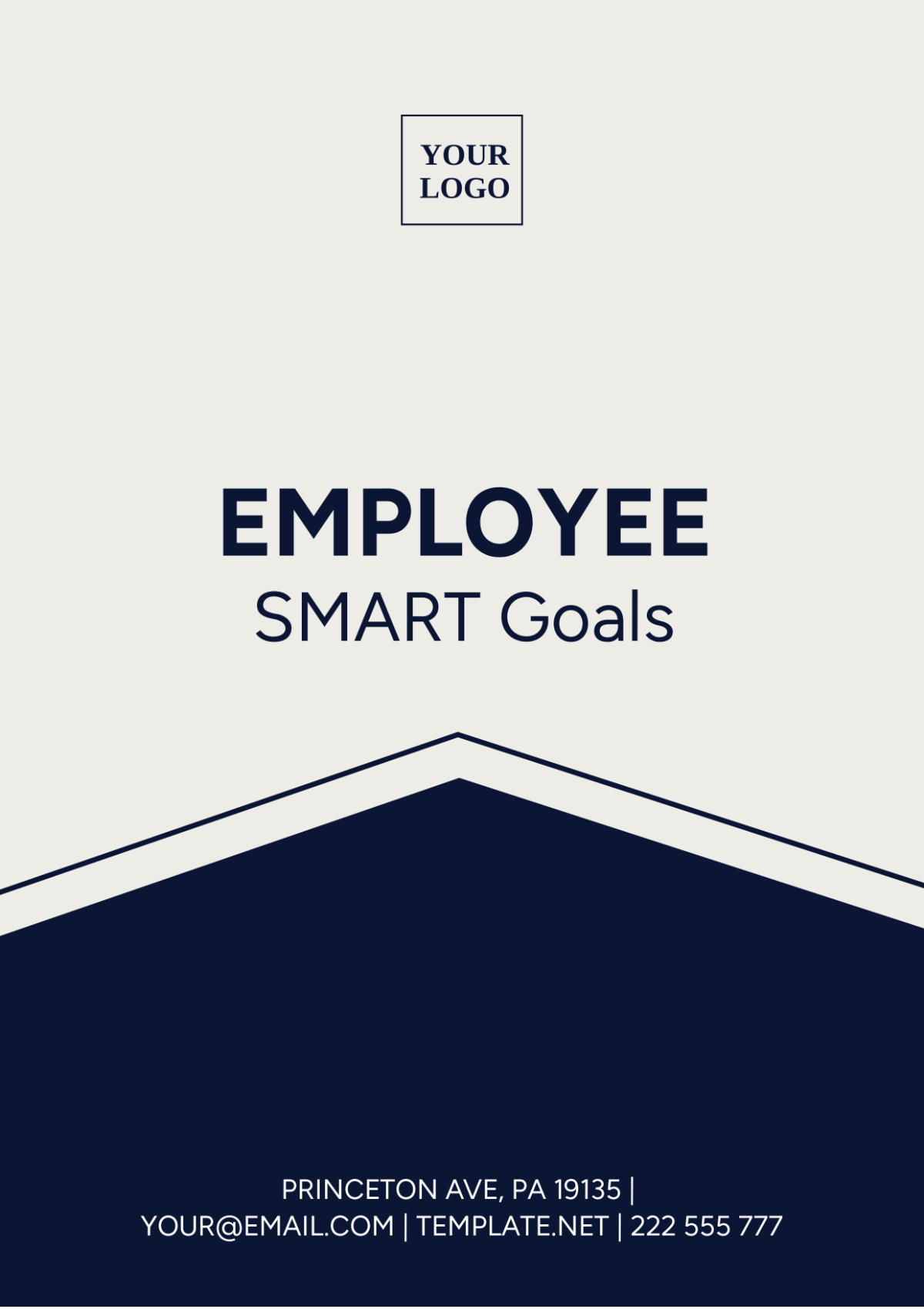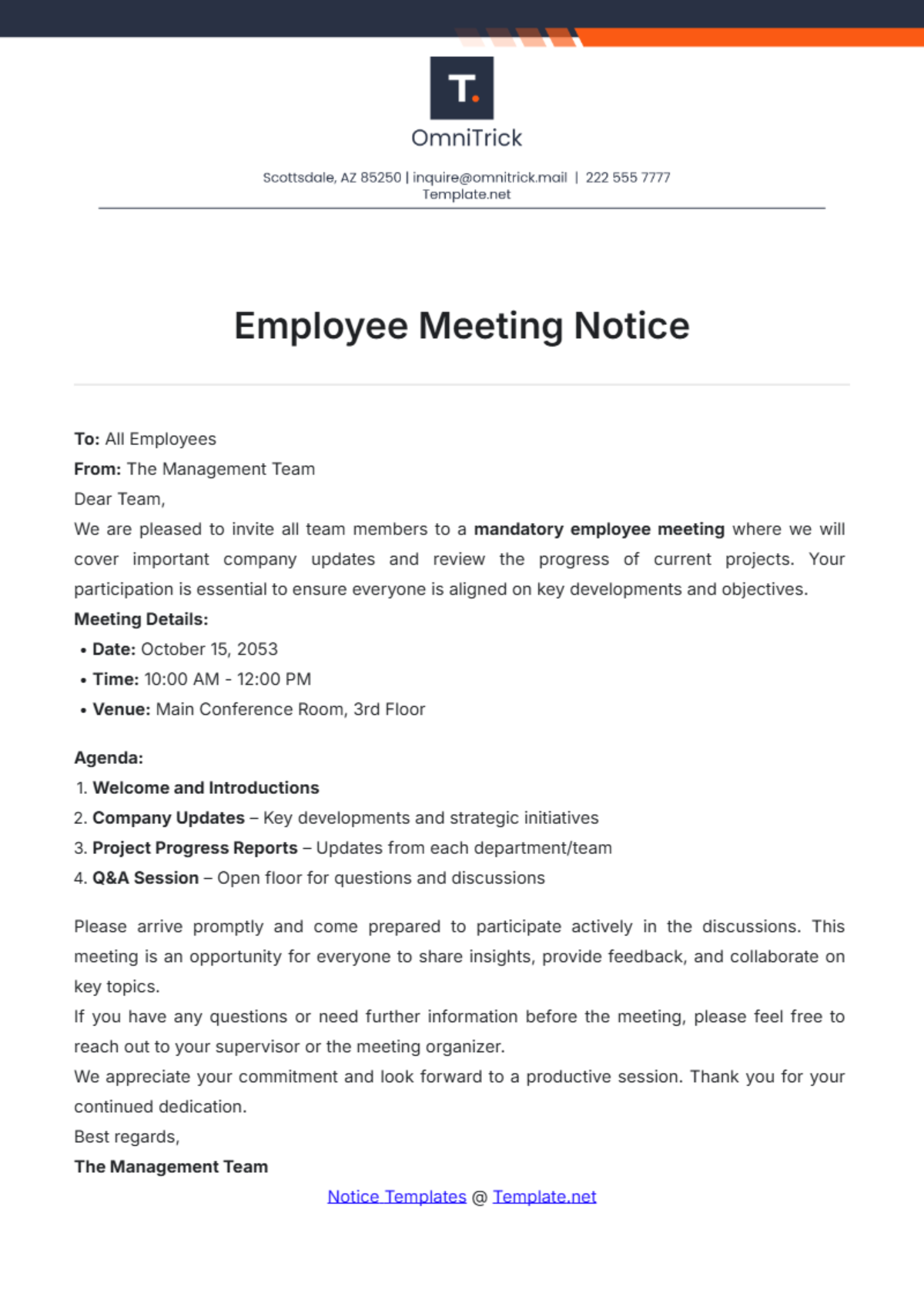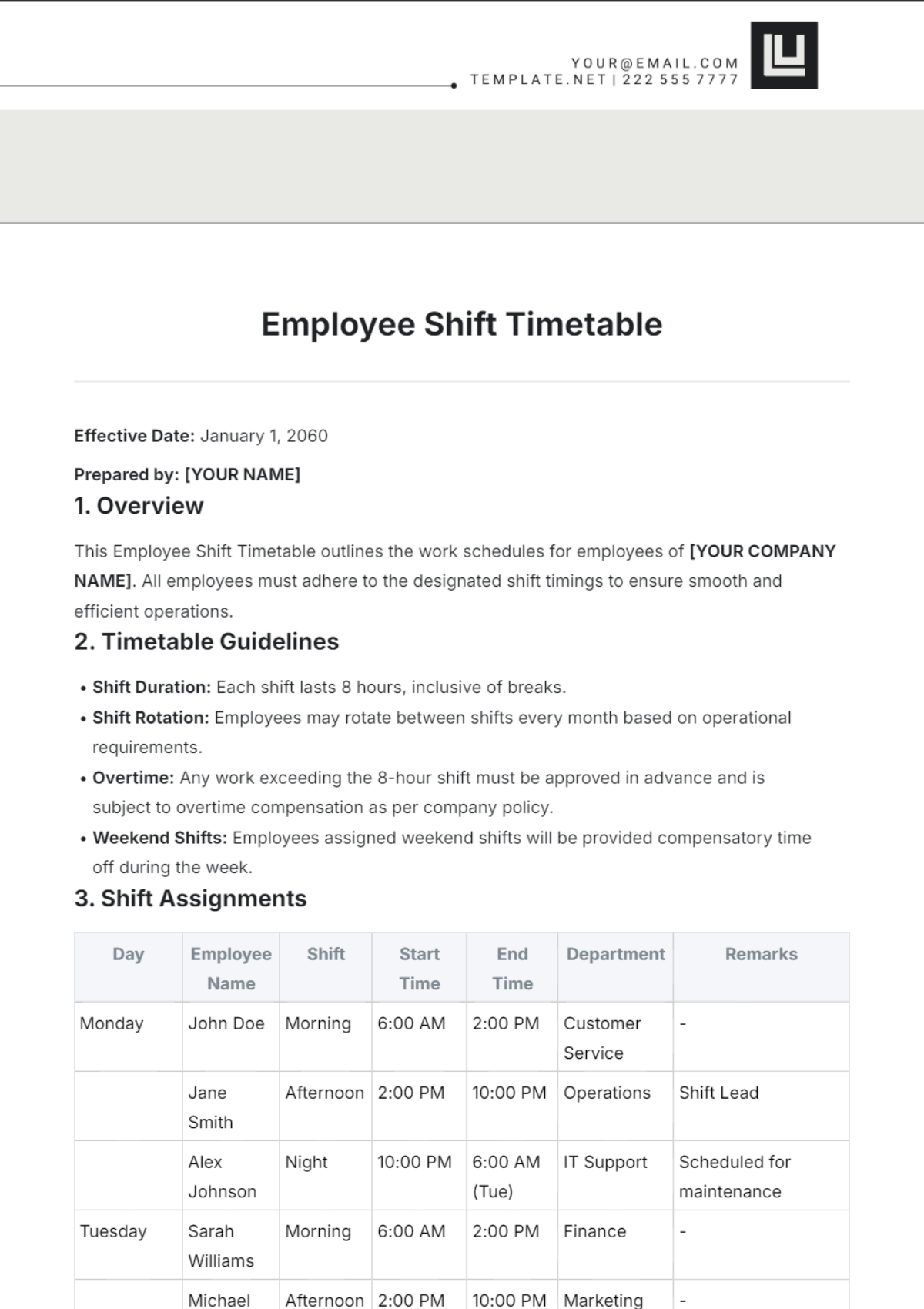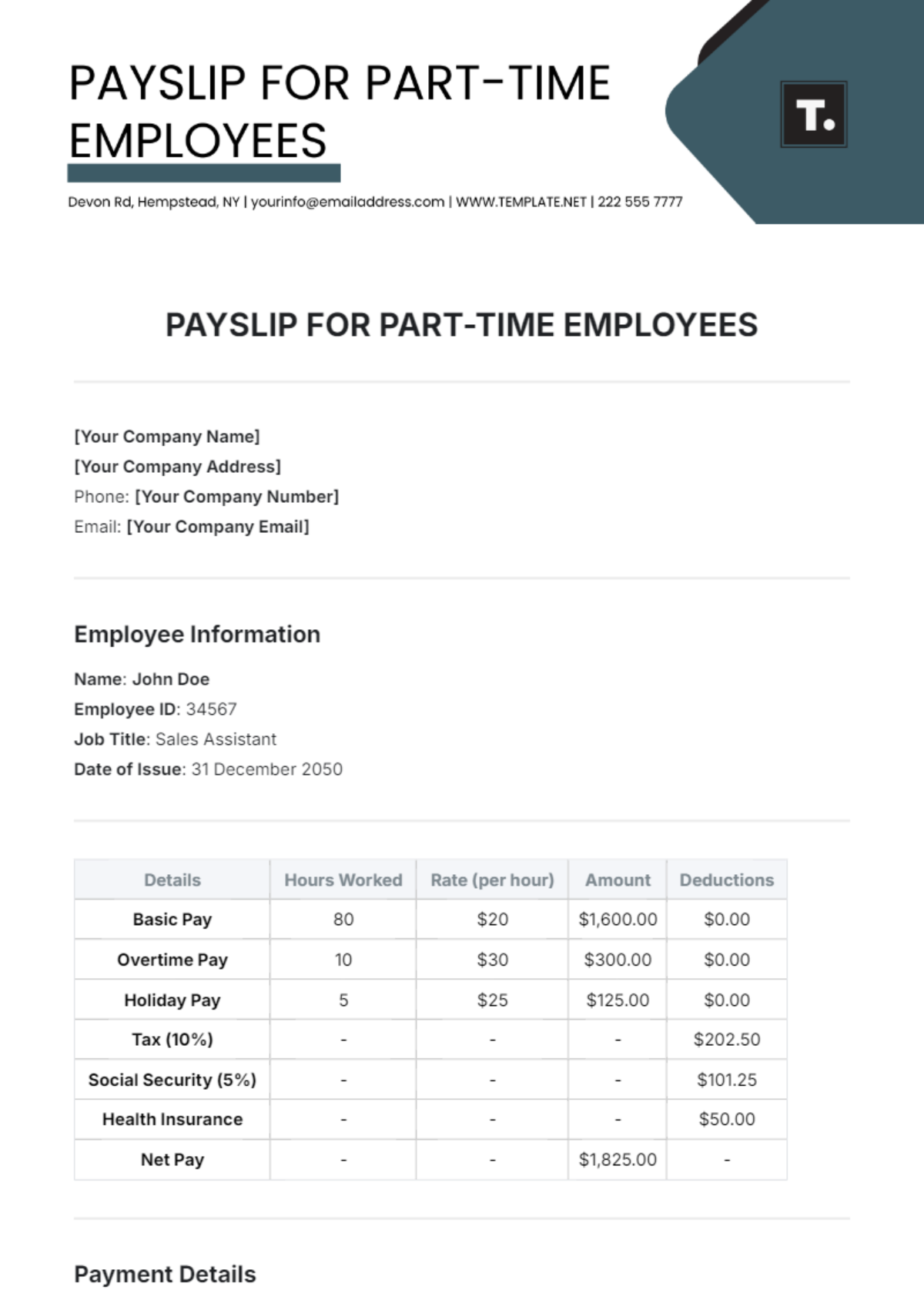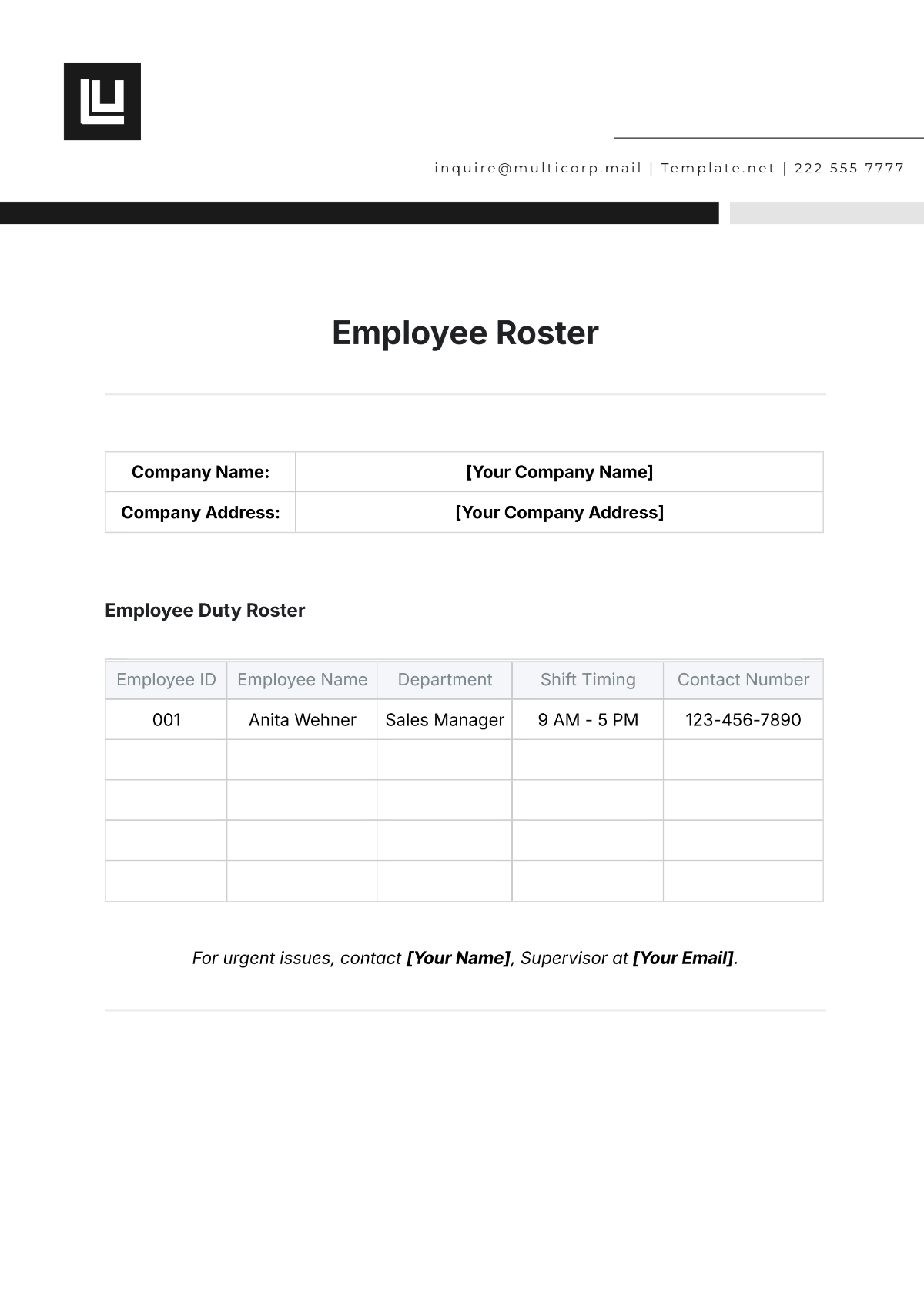Employee Retraining & Skill Upgrade Guide
Introduction
Welcome to the [Company Name]’s Employee Retraining and Skill Upgrade Guide. In today's dynamic workplace, continuous learning and skill enhancement are essential for personal and professional growth. This guide is designed to empower you to take control of your skill development, adapt to changing industry requirements, and remain a valuable asset to your organization.
Assessment Phase
Self-Assessment Tools
Before embarking on your skill upgrade journey, it's crucial to understand your current skillset. You can use the self-assessment tools provided in this section to evaluate your strengths and weaknesses. These tools will help you identify areas that require improvement.
Identifying Skill Gaps
Once you've assessed your skills, you can identify the gaps between your current abilities and the skills required for your role or career goals. This process is vital for setting meaningful skill development objectives.
Goal Setting
Setting SMART Goals
In this section, you'll learn how to set Specific, Measurable, Achievable, Relevant, and Time-bound (SMART) goals. SMART goals provide a clear framework for your skill development plan, ensuring you stay focused and motivated.
Aligning with Organizational Objectives
Consider how your skill development goals align with your organization's objectives. By doing so, you'll not only enhance your own capabilities but also contribute to your company's success.
Available Resources
In-House Training Programs
Discover the training programs offered within your organization. These may include workshops, seminars, or on-the-job training opportunities. Take advantage of these resources to build your skills.
External Courses and Workshops
In addition to in-house training programs, you have the opportunity to explore external resources, such as courses and workshops offered outside the company.
Why Consider External Courses and Workshops
Diverse Perspectives: External courses often expose you to a wider range of instructors and peers. This diversity can offer different viewpoints and approaches, enriching your learning experience.
Current Industry Trends: External training providers frequently stay up-to-date with industry trends and standards. This ensures you receive the latest information and skill development strategies.
Networking Opportunities: Attending external courses and workshops can expand your professional network. You can connect with experts and like-minded individuals in your field, potentially opening doors to new career opportunities.
How to Find External Courses and Workshops
Research Online: There are numerous websites and platforms dedicated to advertising and reviewing external training opportunities. Websites like Coursera, edX, Udemy, and LinkedIn Learning offer a wide range of courses on various subjects.
Local Institutions: Check with local universities, colleges, and training centers. They often provide evening or weekend classes that align with your schedule.
Professional Associations: Industry-specific associations often host workshops, conferences, and webinars. These events are excellent opportunities to acquire new skills and network with professionals.
Recommendations: Seek recommendations from colleagues, mentors, and your organization's HR department. They may be aware of courses or workshops that align with your career goals.
Selecting the Right Courses and Workshops
Relevance: Ensure the content aligns with your skill development goals. Read course descriptions, syllabi, and reviews to determine if they meet your needs.
Instructor Credibility: Investigate the background and qualifications of the course instructors. A knowledgeable and experienced instructor can significantly enhance your learning experience.
Duration and Flexibility: Consider the time commitment required for the course or workshop. Ensure it fits into your schedule and learning preferences, whether it's a short intensive workshop or a longer-term course.
Cost and Accessibility: Evaluate the costs associated with the training, including registration fees, materials, and any additional expenses. Additionally, check the course's accessibility, whether it's available online or in a physical location that suits your needs.
Recommended Books and Reference Materials
Books and reference materials can be invaluable for skill development. We've compiled a list of recommended readings that are relevant to your field.
"The Lean Startup" by Eric Ries: This book introduces principles and techniques for building successful startups and fostering a culture of innovation, relevant to entrepreneurial and intrapreneurial skill development.
"Drive: The Surprising Truth About What Motivates Us" by Daniel H. Pink: Understanding the science of motivation and what drives human behavior can enhance your leadership and team management skills.
"Designing Your Life: How to Build a Well-Lived, Joyful Life" by Bill Burnett and Dave Evans: Learn to apply design thinking to your life, creating a path to a more fulfilling and purpose-driven career.
"Thinking, Fast and Slow" by Daniel Kahneman: Improve decision-making and critical thinking skills by exploring the psychology of thought and decision processes.
"Crucial Conversations: Tools for Talking When Stakes Are High" by Al Switzler, Joseph Grenny, and Ron McMillan: Enhance your communication and conflict resolution skills for effective workplace interactions.
Mentorship and Coaching Programs
Consider seeking mentorship or coaching from experienced professionals within your organization or industry. These relationships can provide guidance and support throughout your skill development journey.
Creating a Training Plan
Personalized Training Plans
In this section, you'll learn how to create a personalized training plan. This roadmap will serve as your guide to acquiring new skills and upgrading existing ones.
Define Goals: Begin by clearly articulating your skill development goals. These goals should be aligned with your career aspirations and the needs of your organization.
Identify Current Skills: List your existing skills and knowledge. This will serve as a baseline against which you can measure your progress.
Prioritize Skills: Highlight the skills you've identified as essential for your personal and professional growth. Prioritization helps you focus your efforts where they matter most.
Choose Training Methods: Decide on the training methods that best suit your learning style and align with your goals. These methods might include courses, workshops, self-study, or hands-on experience.
Select Resources: Identify specific resources for each skill you plan to develop. This could include courses, books, online tutorials, or mentors.
Set Milestones: Establish specific milestones and timelines for each skill development goal. These milestones should be measurable and achievable within a reasonable timeframe.
Tracking Progress: Develop a system for tracking your progress. This can include regular check-ins, self-assessment, and feedback mechanisms from colleagues and mentors.
Time Management: Develop a time management strategy for balancing your skill development activities with your work and personal life. Efficient time management is crucial for success.
Evaluation and Feedback: Outline how you will regularly evaluate your progress and gather feedback from colleagues, mentors, or supervisors. This feedback loop is essential for improvement.
Review and Update: Plan for periodic reviews and updates of your training plan. Skill development is an ongoing process, and your plan should evolve with your needs and goals.
Selecting Training Methods
Select the training methods that best suit your learning style and objectives. Whether it's formal courses, self-study, or hands-on experience, choose the approaches that align with your goals.
Prioritizing Skills for Development
Not all skills are equal in importance. Prioritize the skills that will have the greatest impact on your career and align with your long-term goals.
Setting Timelines
Establishing Realistic Milestones
Set realistic milestones for your skill development journey. A timeline will help you stay on track and measure your progress.
Tracking Progress
Regularly track your progress against your set milestones. This section provides tools and techniques for keeping your development on course.
Self-Assessment: Periodically assess your skills and knowledge. Self-assessments can be done through quizzes, practical exercises, or self-reflection. Be honest and objective in evaluating your growth.
Feedback Loops: Solicit feedback from colleagues, mentors, or supervisors regarding your skill development. Constructive feedback can provide insights and areas for improvement.
Performance Metrics: Identify key performance indicators (KPIs) relevant to your skill development goals. These metrics help you objectively measure your progress.
Peer Support: Engage with peers who are also working on skill development. Sharing your progress and challenges with others can provide motivation and support.
Accountability Partners: Consider having an accountability partner, such as a mentor or colleague, who can help keep you on track and provide guidance.
Progress Monitoring
Regular Check-Ins
Don't go it alone; regularly check in with supervisors, mentors, or colleagues for feedback and support. They can provide insights and guidance to enhance your growth.
Self-Assessment and Reflection
In addition to external feedback, self-assessment and reflection are essential tools. They allow you to gauge your own development and make adjustments as needed.
Feedback Mechanisms
Identify the feedback mechanisms available within your organization. These systems are crucial for understanding how your development aligns with organizational needs.
Assessment and Certification
Validating Skills with Certifications
Once you've embarked on your skill development journey, it's essential to validate and quantify your progress. Validating your skills through certifications not only boosts your confidence but also provides tangible evidence of your expertise to employers and peers. Earning recognized certifications is a powerful way to stand out in a competitive job market and advance in your career.
Feedback and Support
In this section, you'll learn how to seek feedback and support throughout your skill development journey.
Seeking Feedback from Supervisors and Colleagues
Don't hesitate to approach your supervisors, colleagues, or mentors for feedback on your skill development efforts. Their insights and guidance can be invaluable for making improvements and staying on track.
Utilizing Mentorship and Coaching
Explore mentorship or coaching programs within your organization or industry. These relationships provide personalized guidance and support, enhancing your skill development experience.
Ongoing Learning
In this section, we emphasize the importance of continuous learning throughout your career.
Importance of Lifelong Learning
Lifelong learning is a necessity in our fast-paced, ever-evolving world. It keeps you adaptable and relevant in your field, and it's a mindset that can lead to a fulfilling and successful career.
Staying Updated in a Fast-Changing Environment
Discover tips and resources to help you stay current in your field. This may include following industry news, participating in webinars, or joining professional associations to access the latest insights and trends.
Personal Growth and Adaptation
Embrace ongoing learning not just for career advancement but also for personal growth. A commitment to learning can lead to a more enriching and rewarding life.
Developing a Learning Plan
Consider creating a learning plan that outlines how you'll continue to acquire new knowledge and skills. Set aside time for reading, attending seminars, or exploring emerging technologies in your field.
Leveraging Skills for Career Advancement
Promoting Career Growth within the Organization
Learn how to demonstrate your skills and expertise to advance your career. This might include seeking leadership roles, leading projects, or contributing to innovation and growth.
Career Development Resources and Opportunities
Explore the various resources and opportunities available within your organization for career development. This could involve leadership training, mentoring programs, or internal job postings.
Aligning Skills with Organizational Goals
Emphasize the alignment of your skill development with your organization's objectives. Show how your enhanced skills contribute to the success of the company.
Networking and Visibility
Make an effort to network within your organization. Build relationships with key decision-makers and colleagues who can advocate for your advancement.
Growth and Improvement
Continuous Improvement Commitment
Our organization is committed to refining and enhancing this guide based on your feedback. Your contributions play a crucial role in our shared success, and we are dedicated to your ongoing growth. Your feedback is invaluable, and we encourage you to actively participate in the improvement of both your skill development process and this guide. Together, we can create a more effective and empowering environment for personal and professional growth.
Conclusion
[Your Company Name]’s Employee Retraining and Skill Upgrade Guide empowers you to take control of your skill development and adapt to the ever-changing demands of your industry. By following the steps outlined in this guide, you'll enhance your professional growth and contribute to the success of your organization.
Thank you for taking the initiative to enhance your skills and contribute to your personal and professional success. We wish you the best on your journey of skill development and lifelong learning
